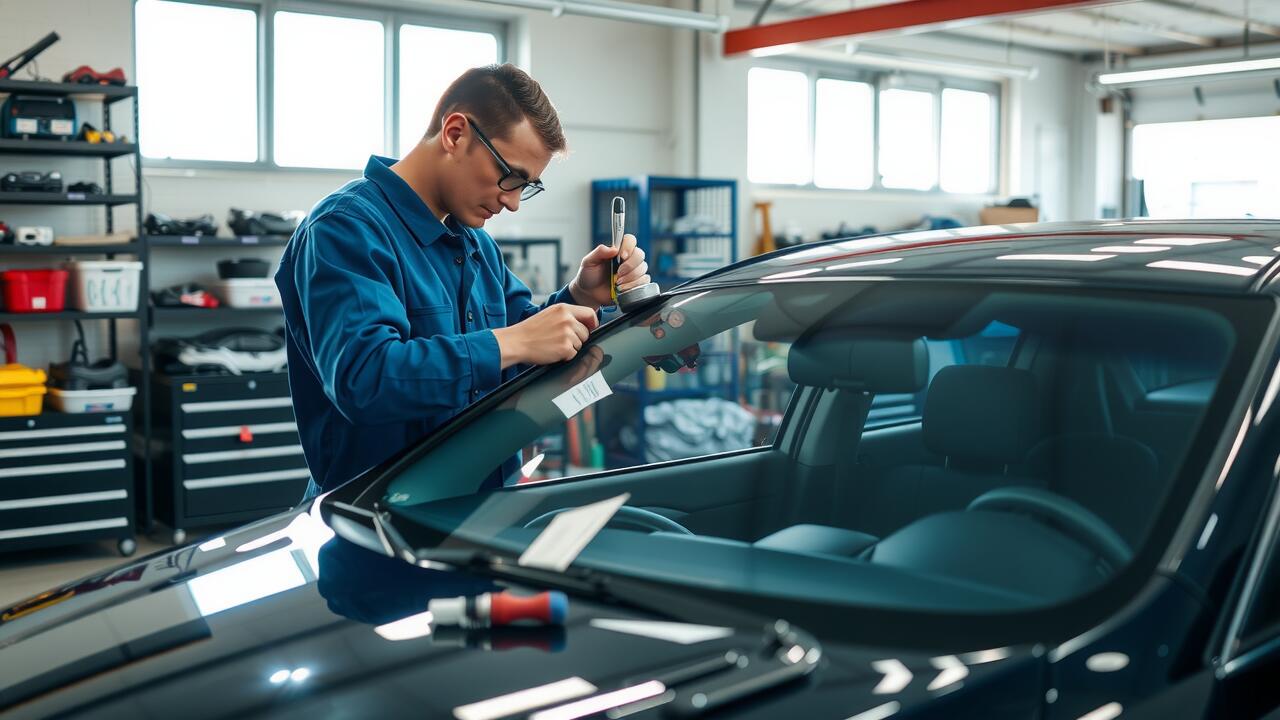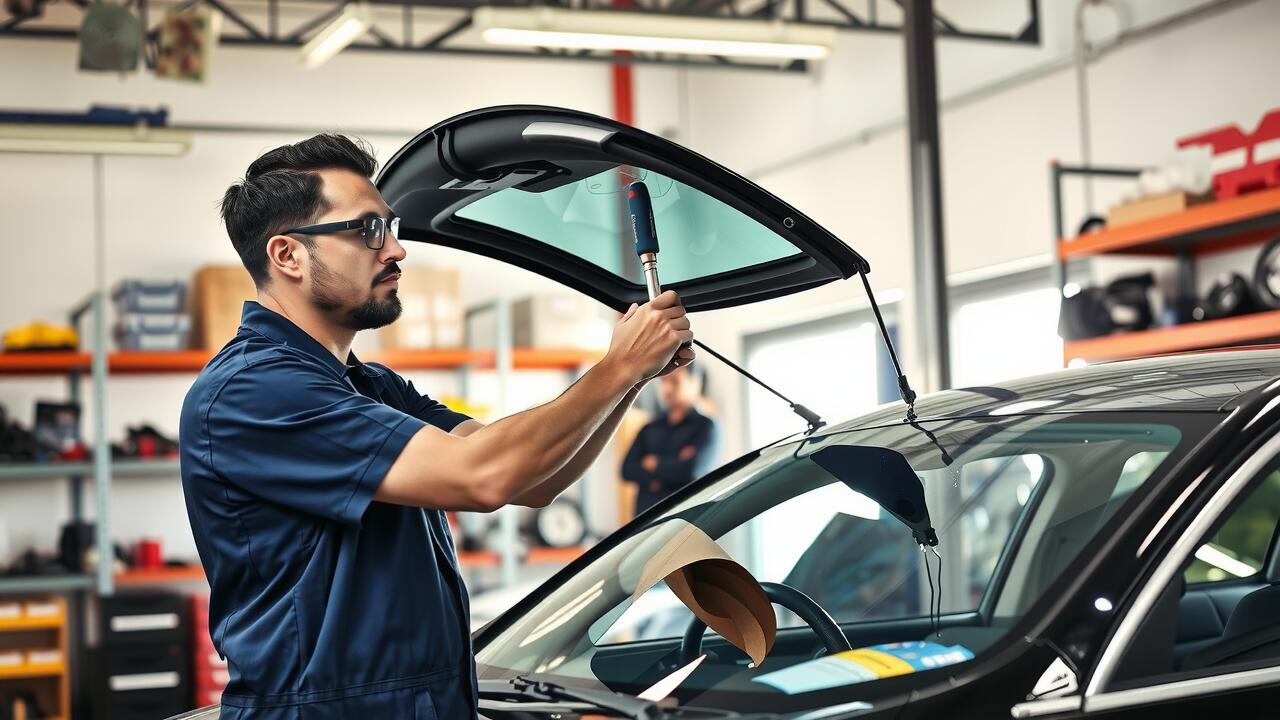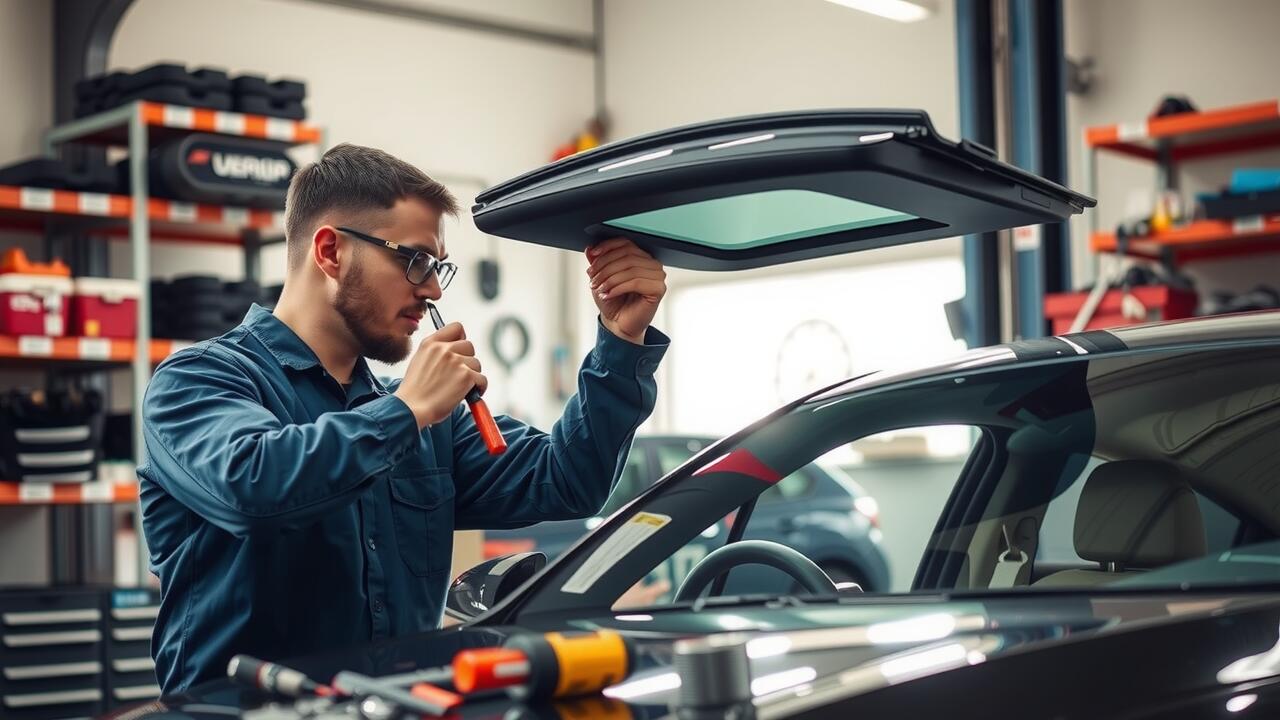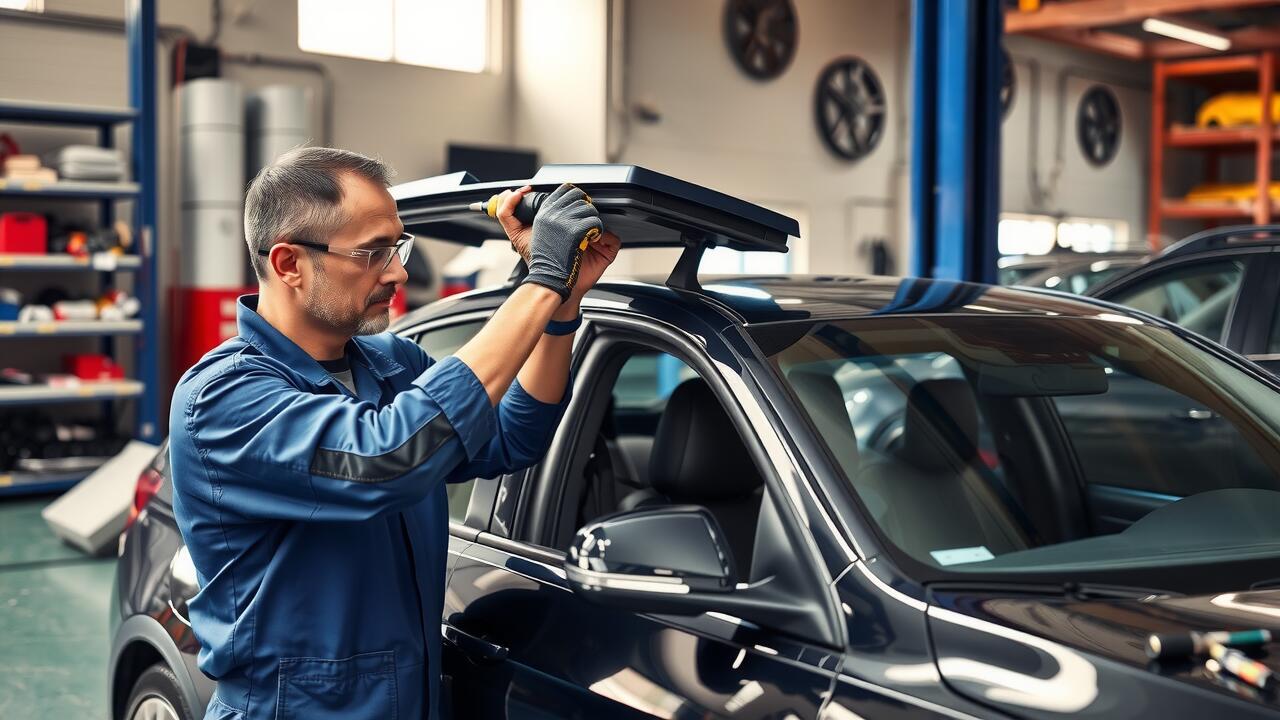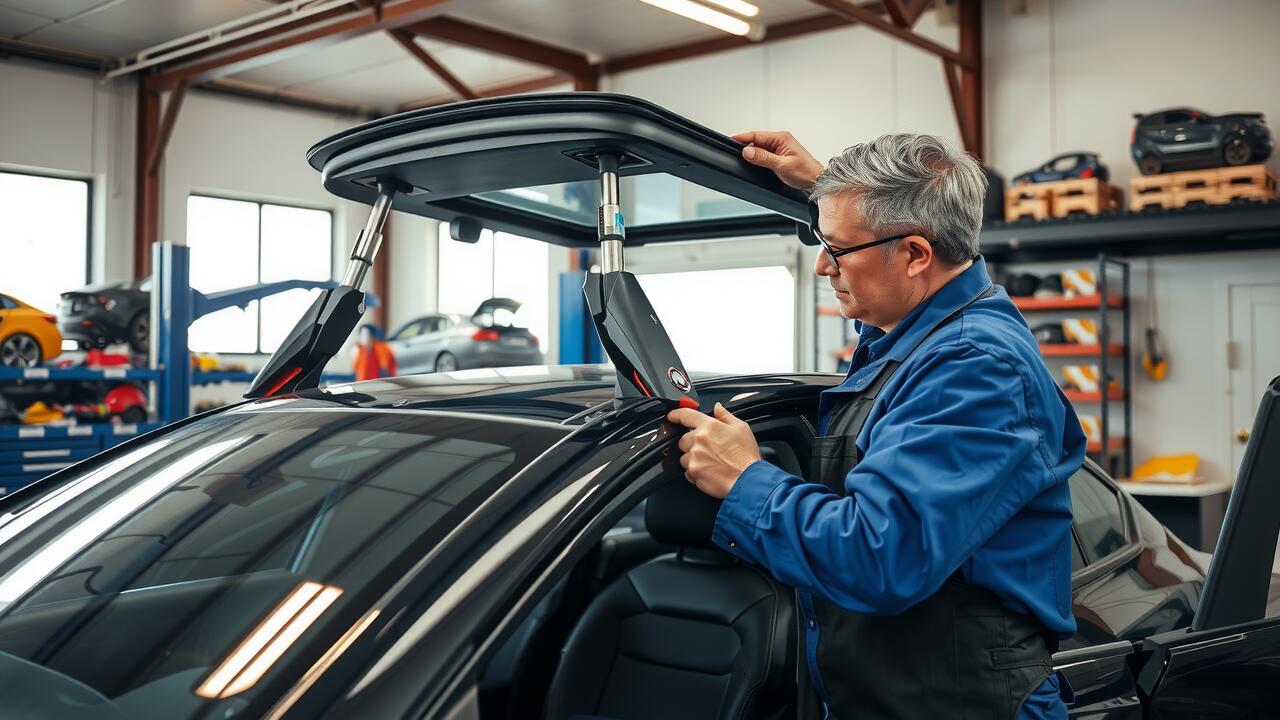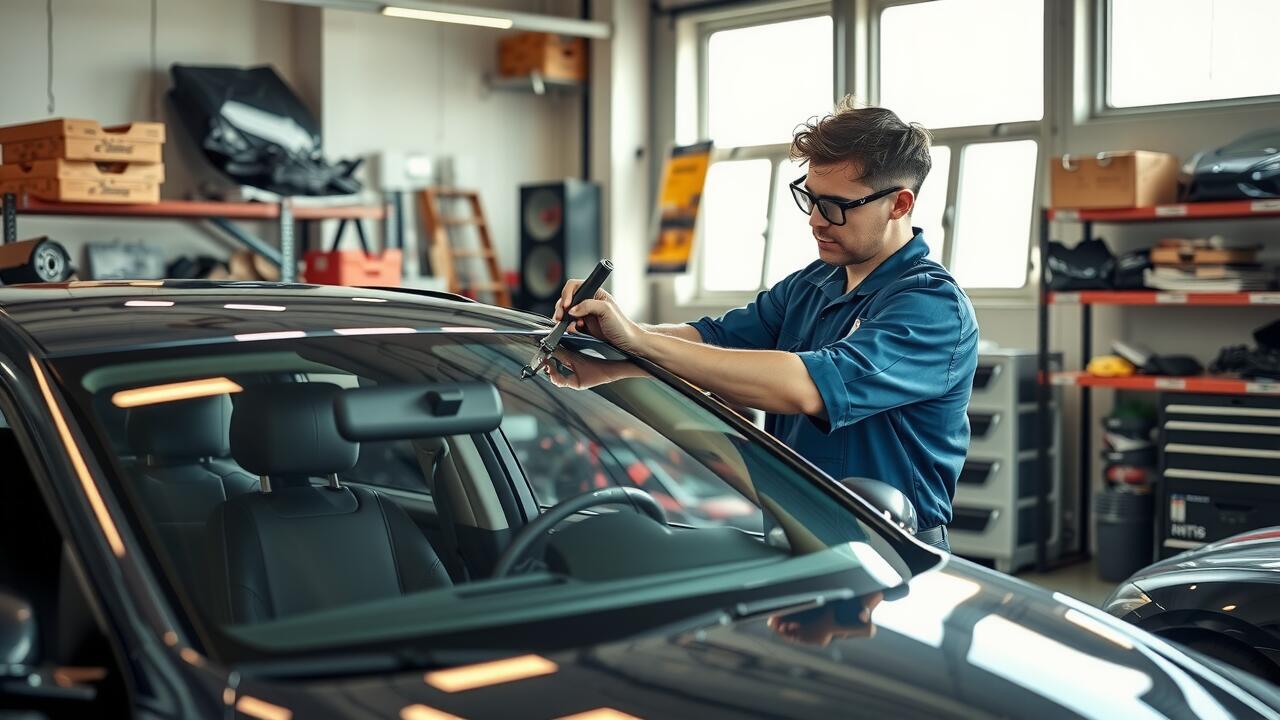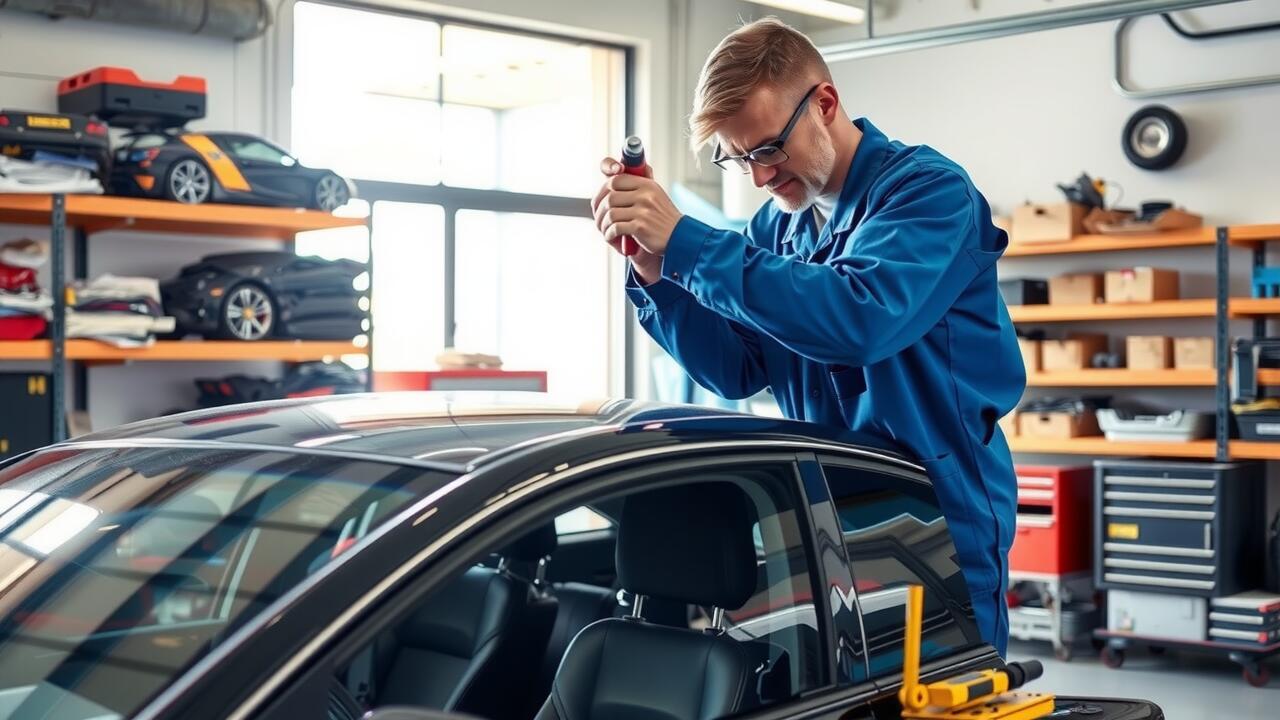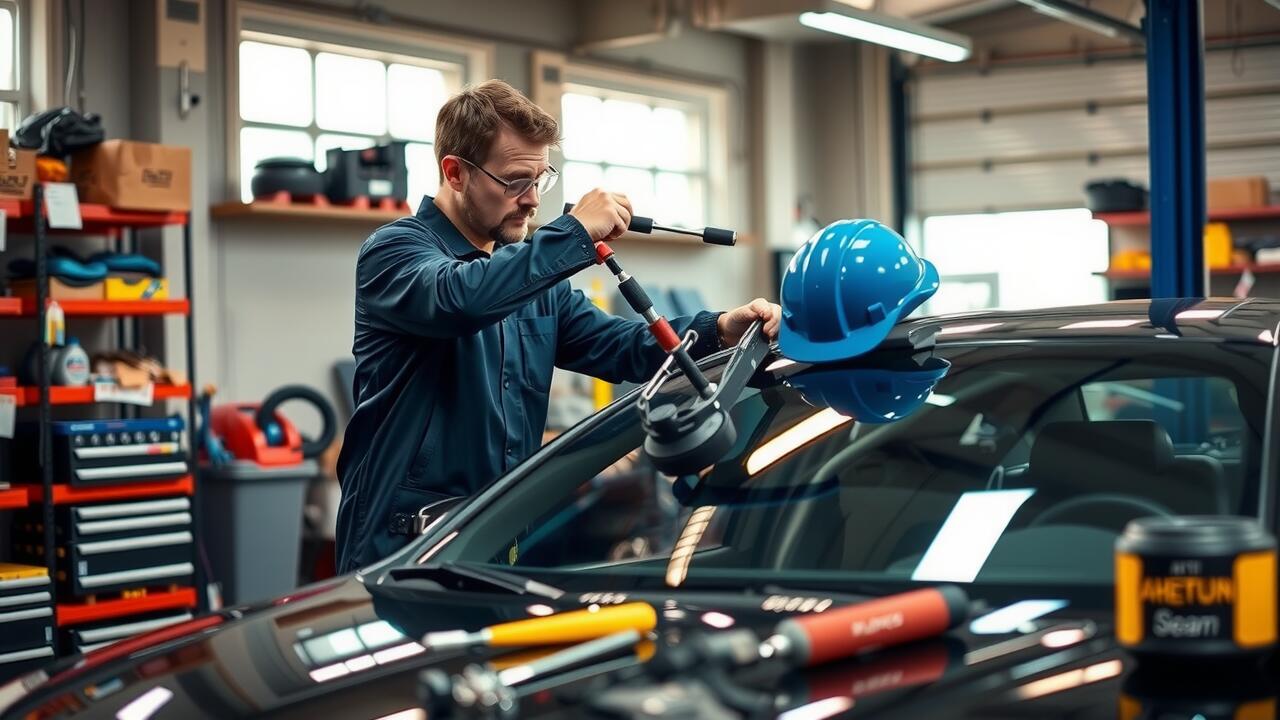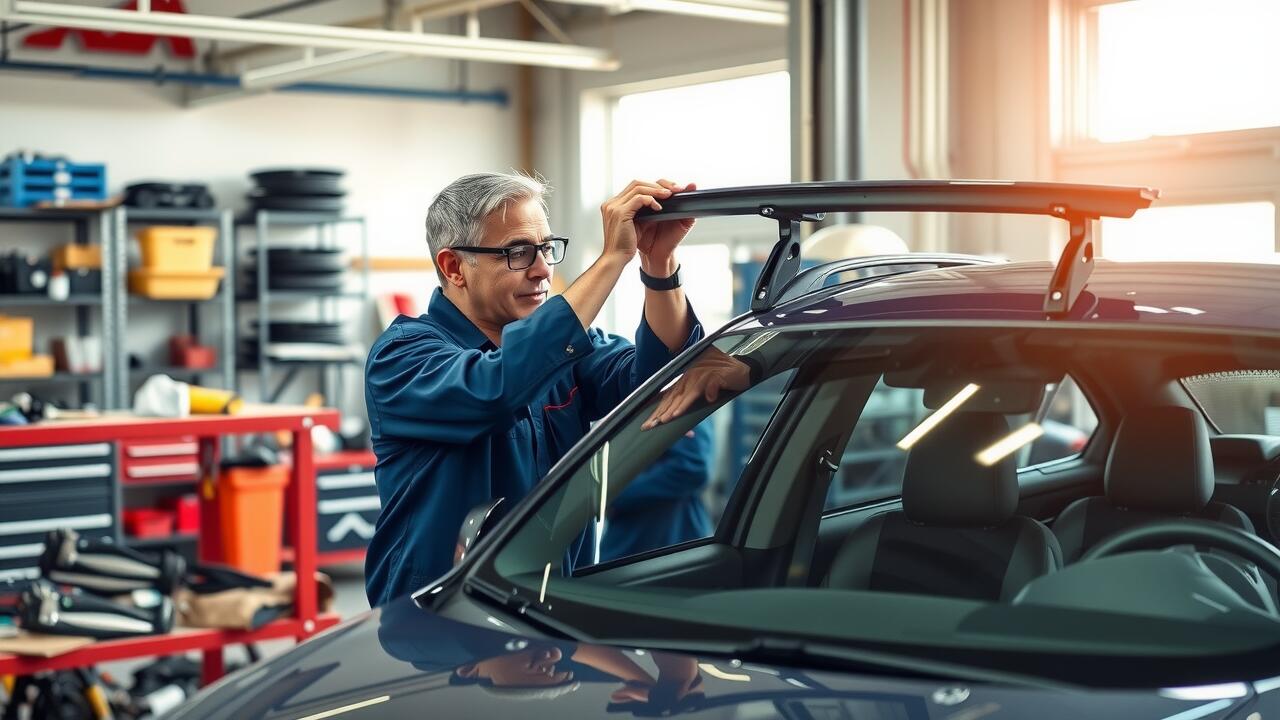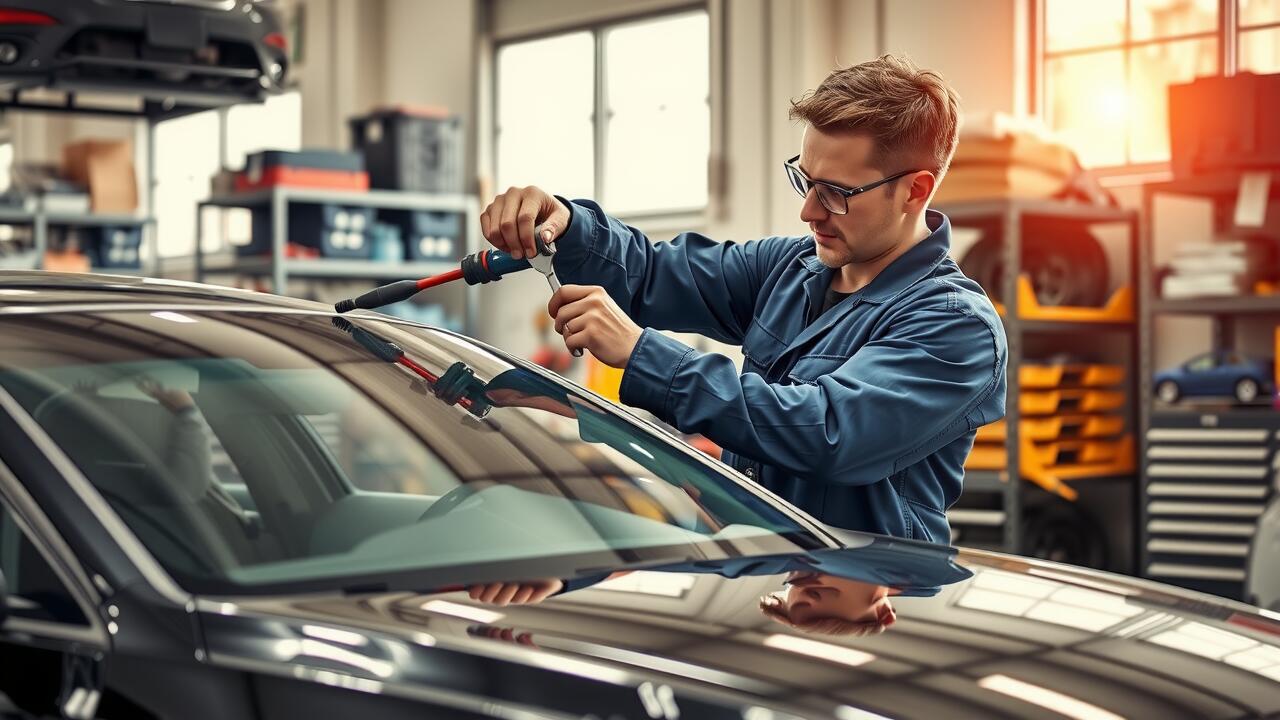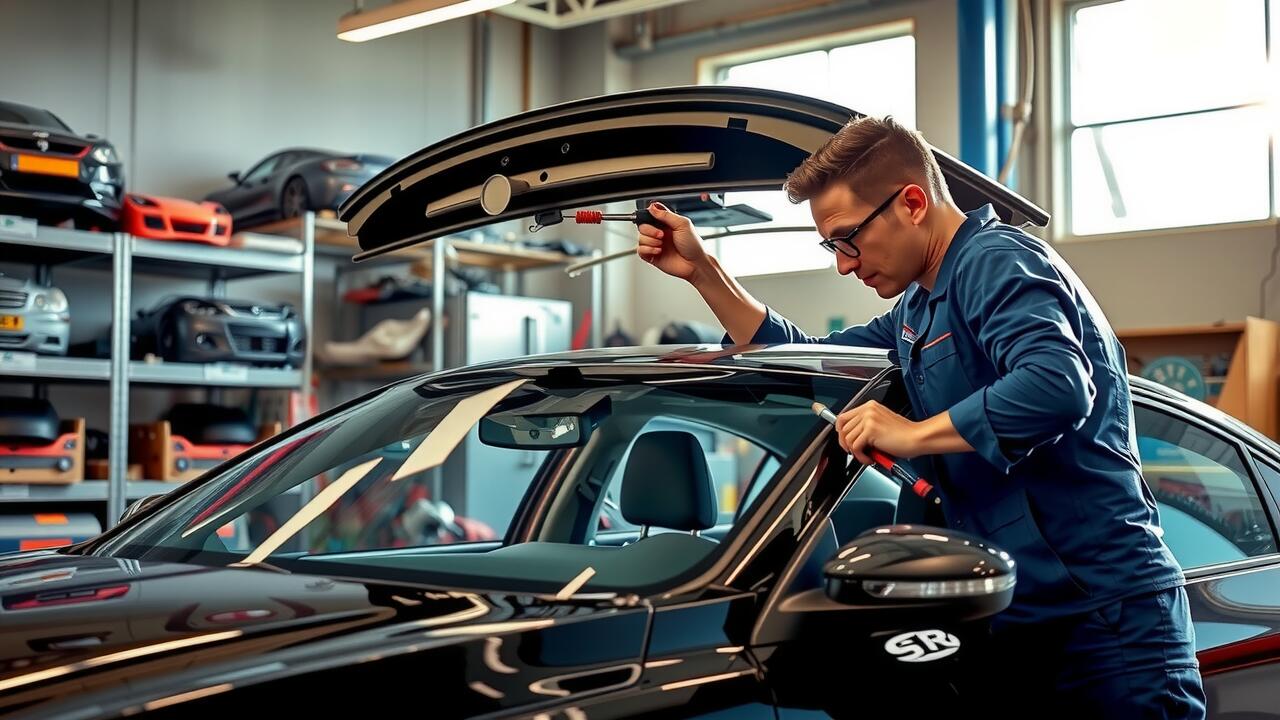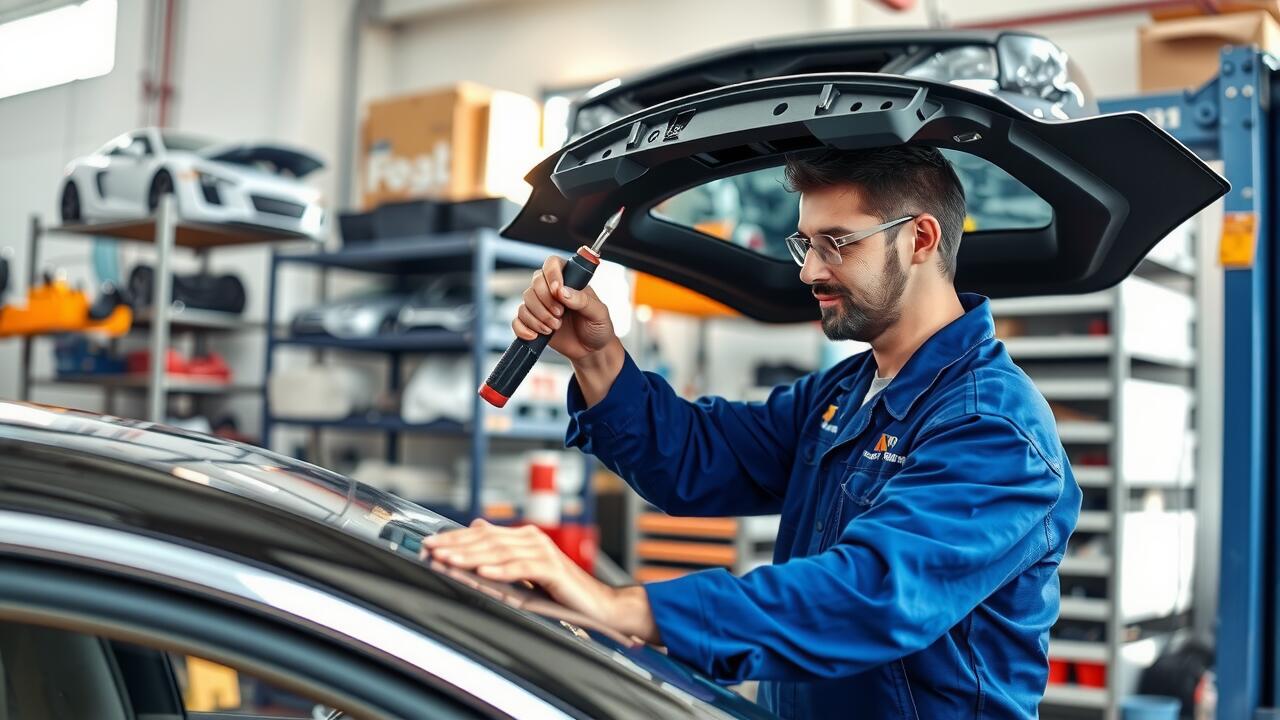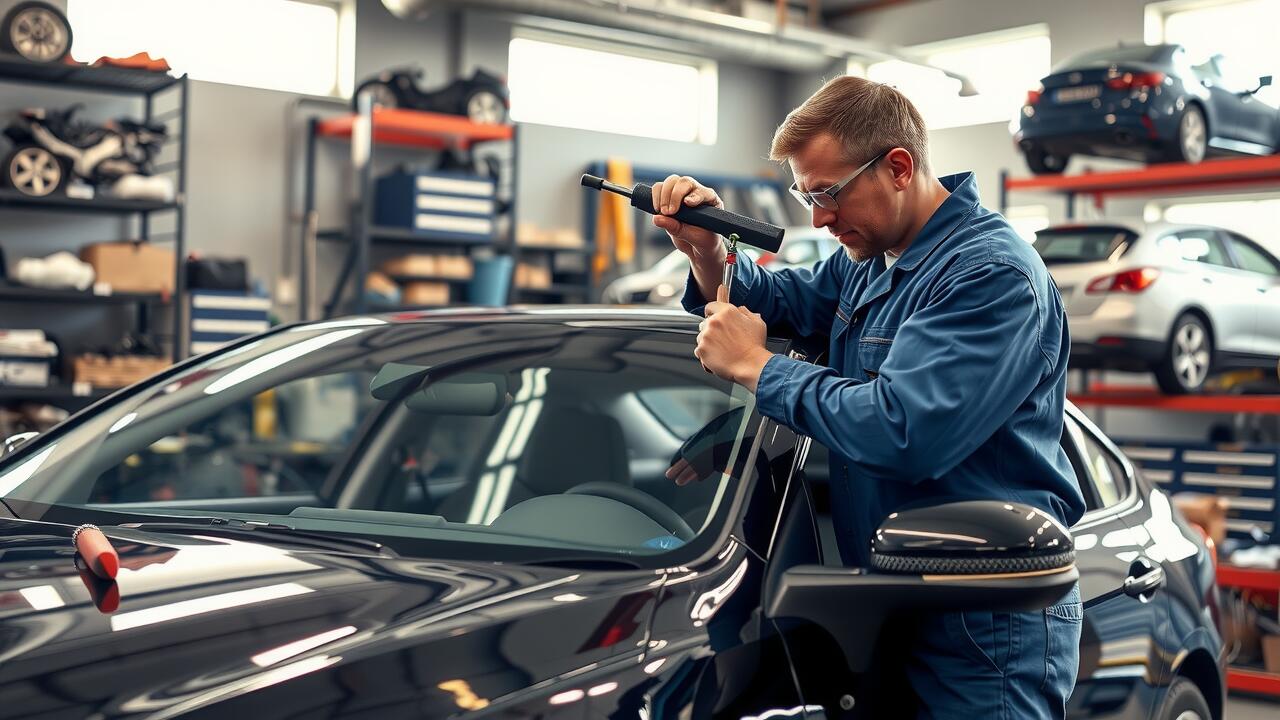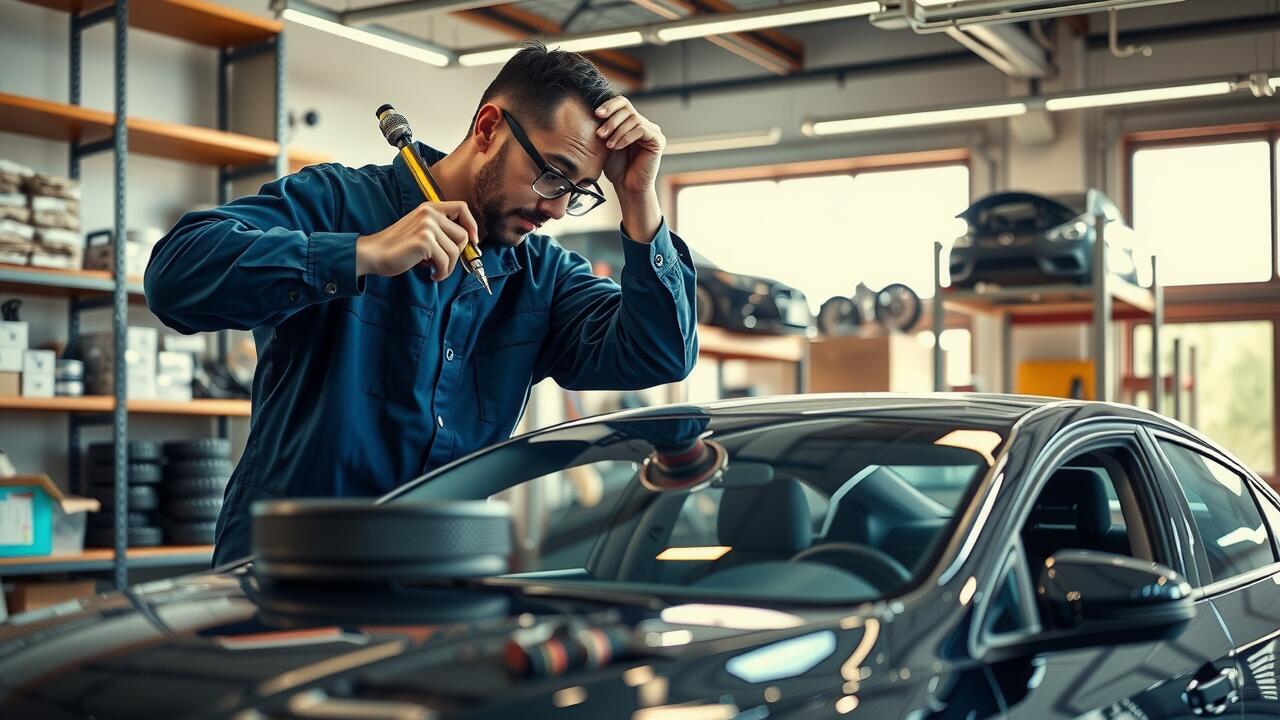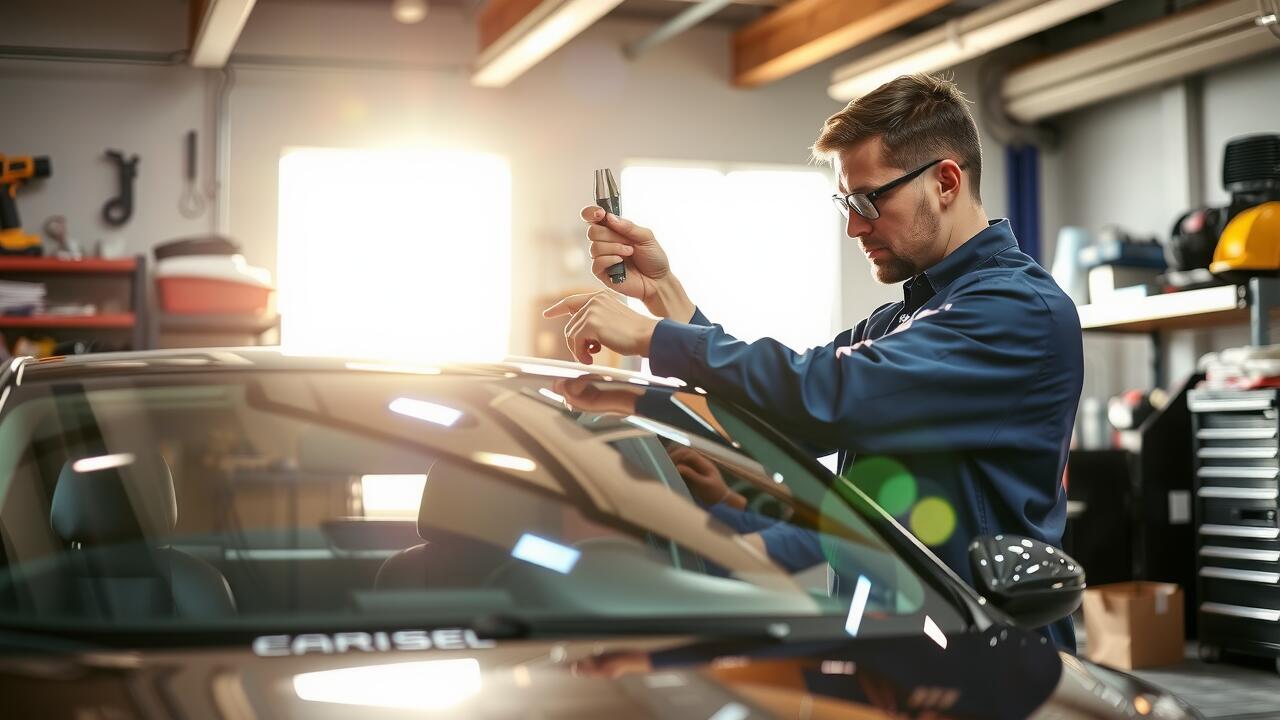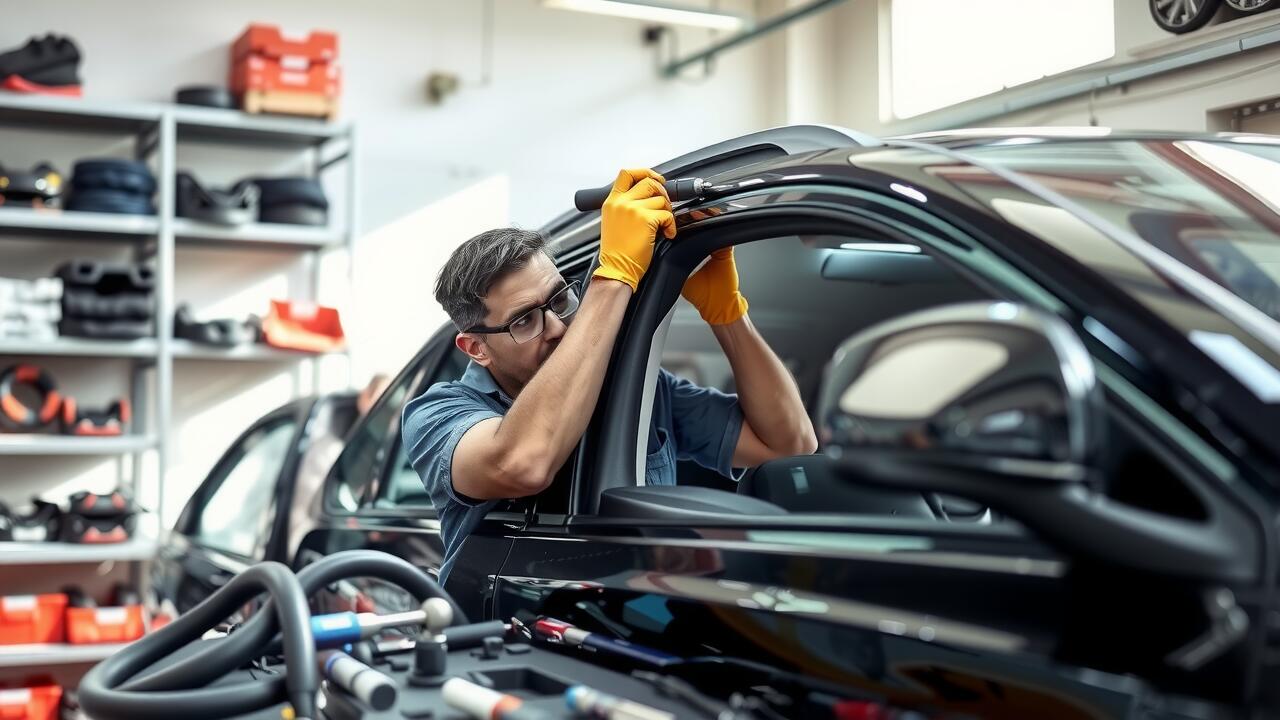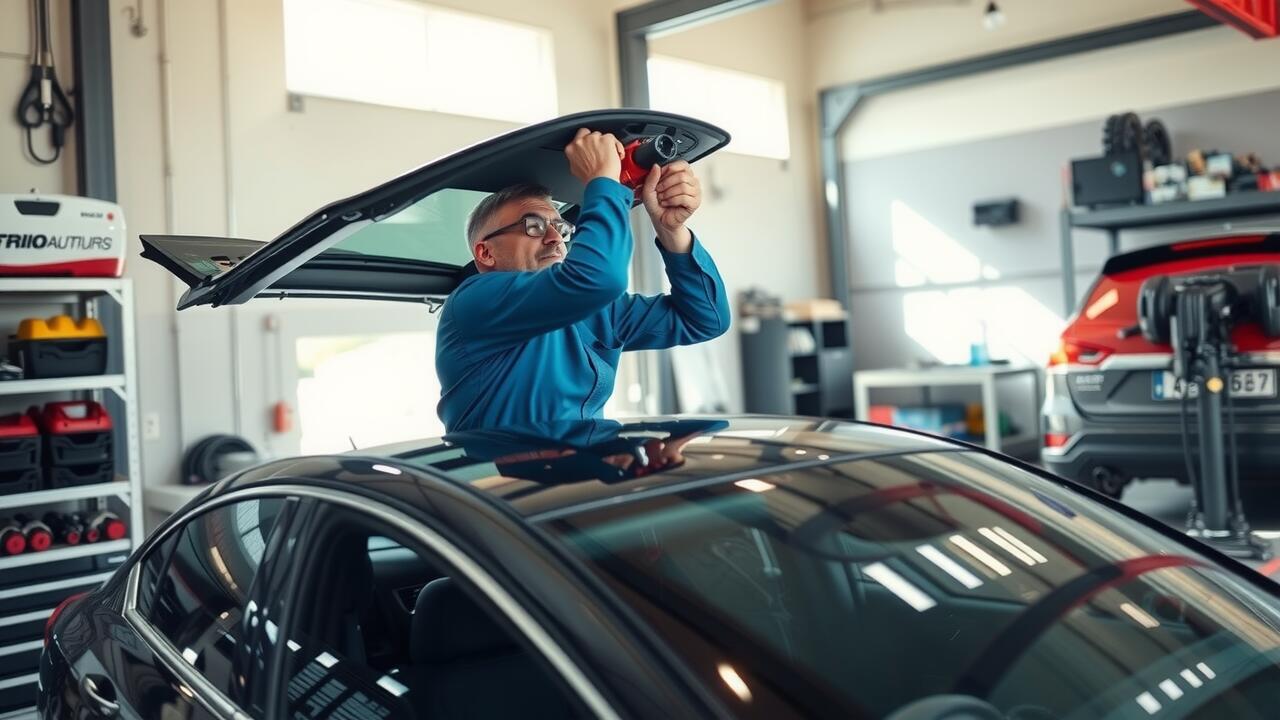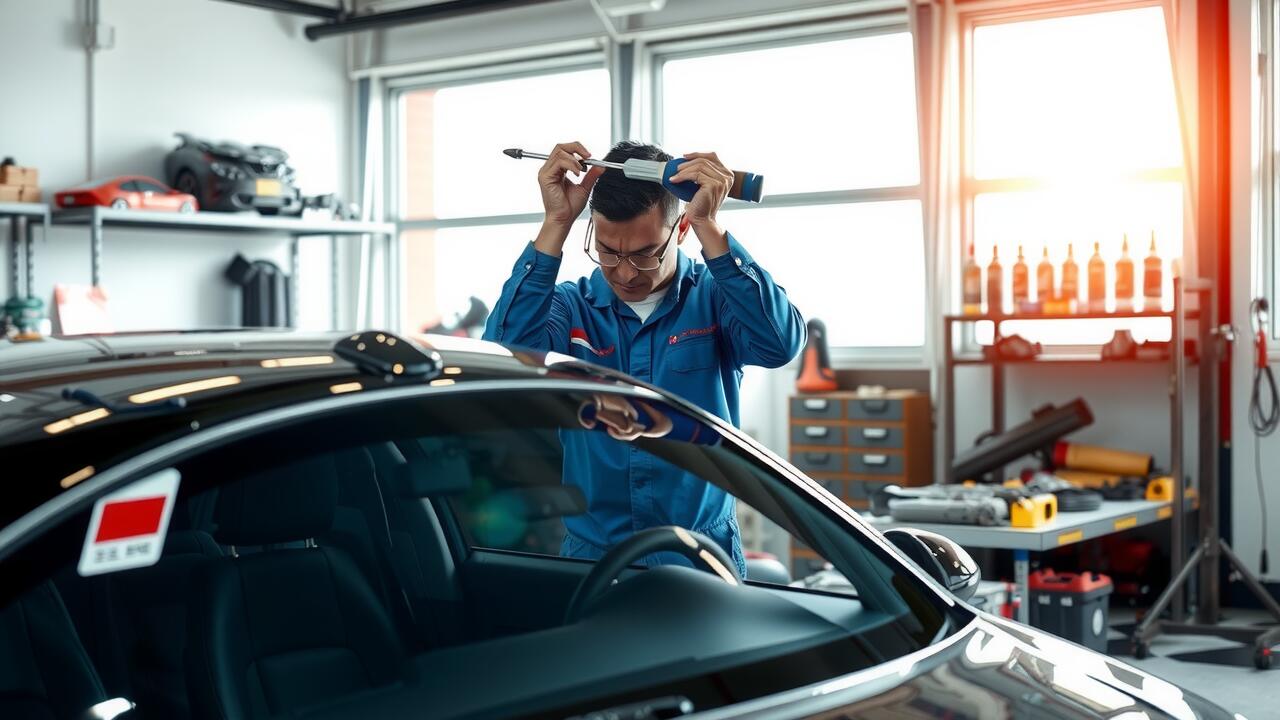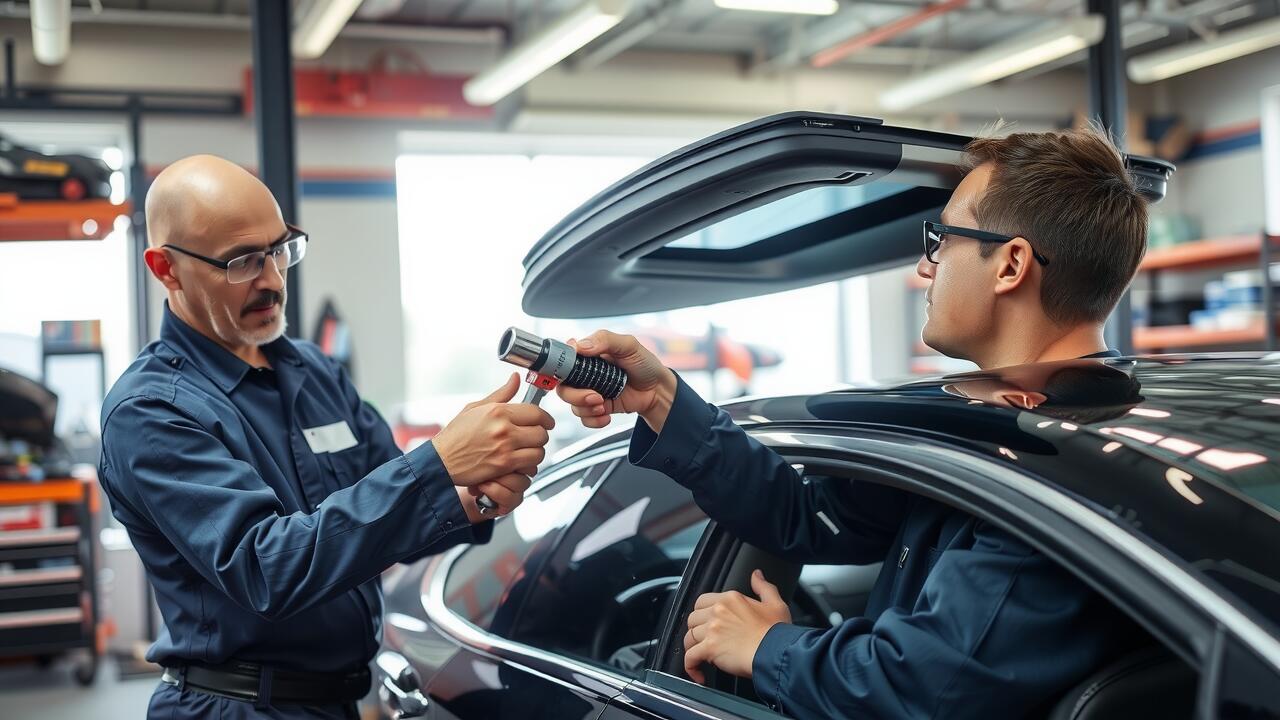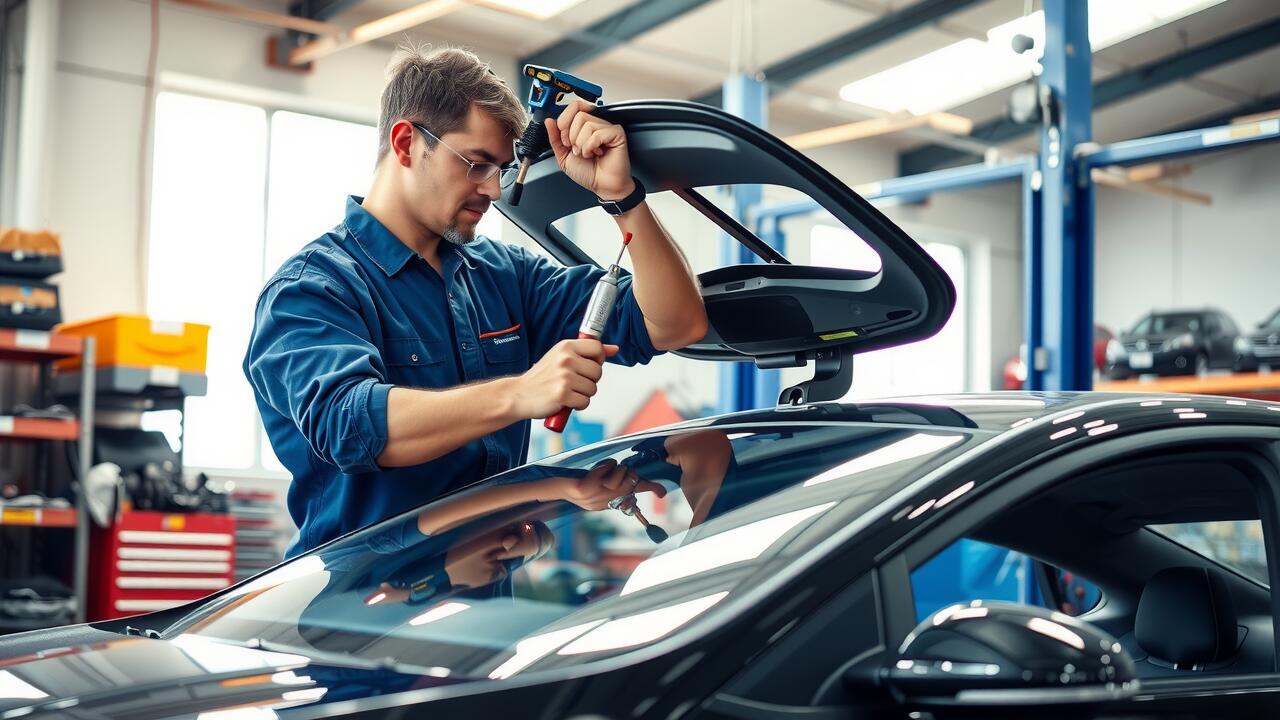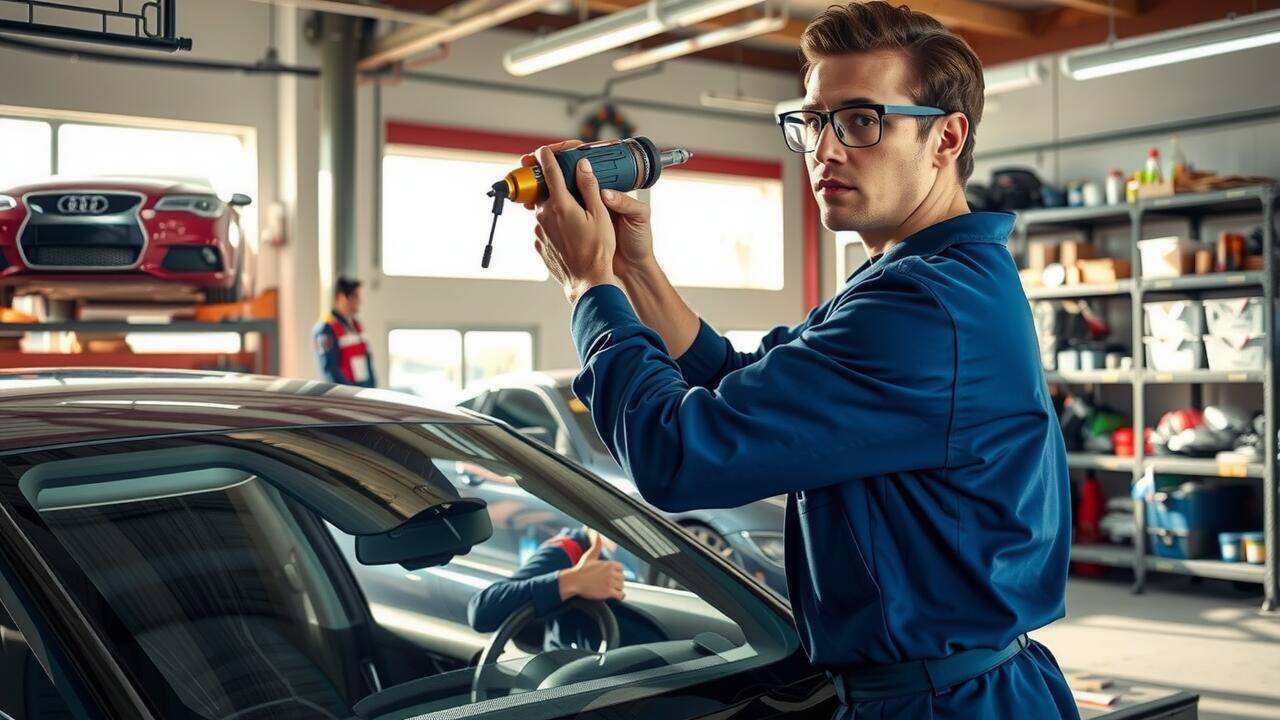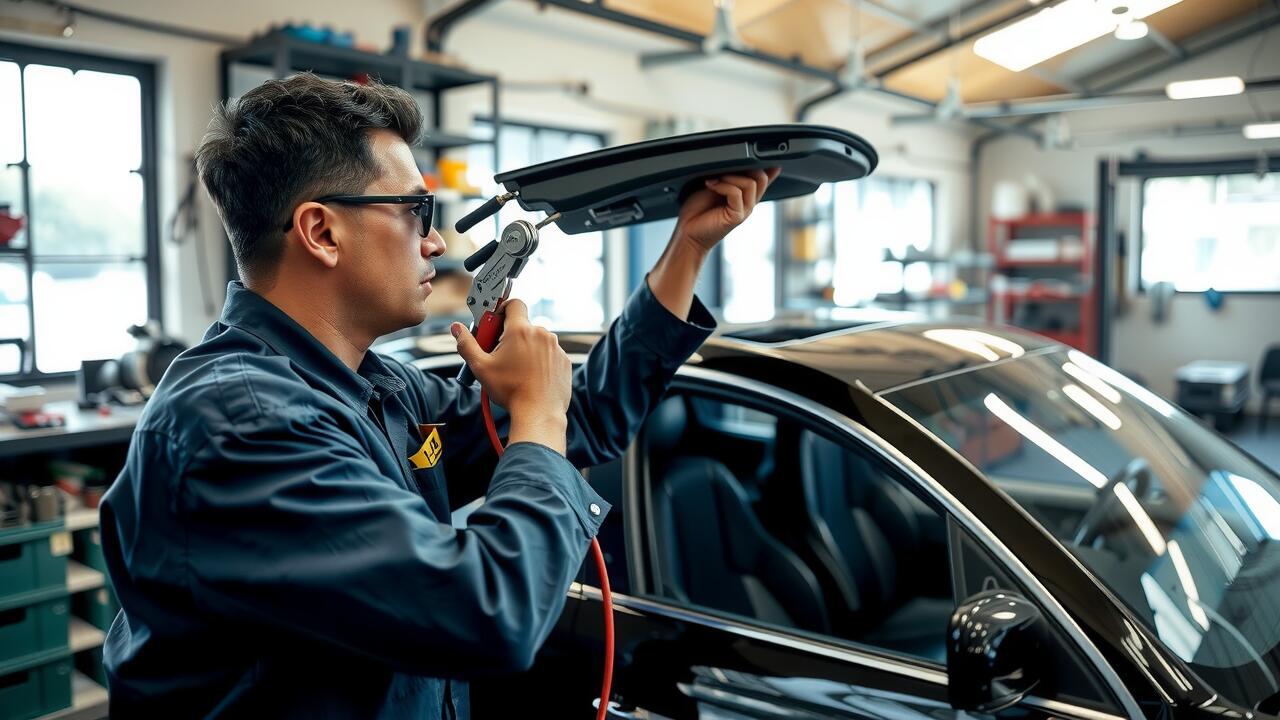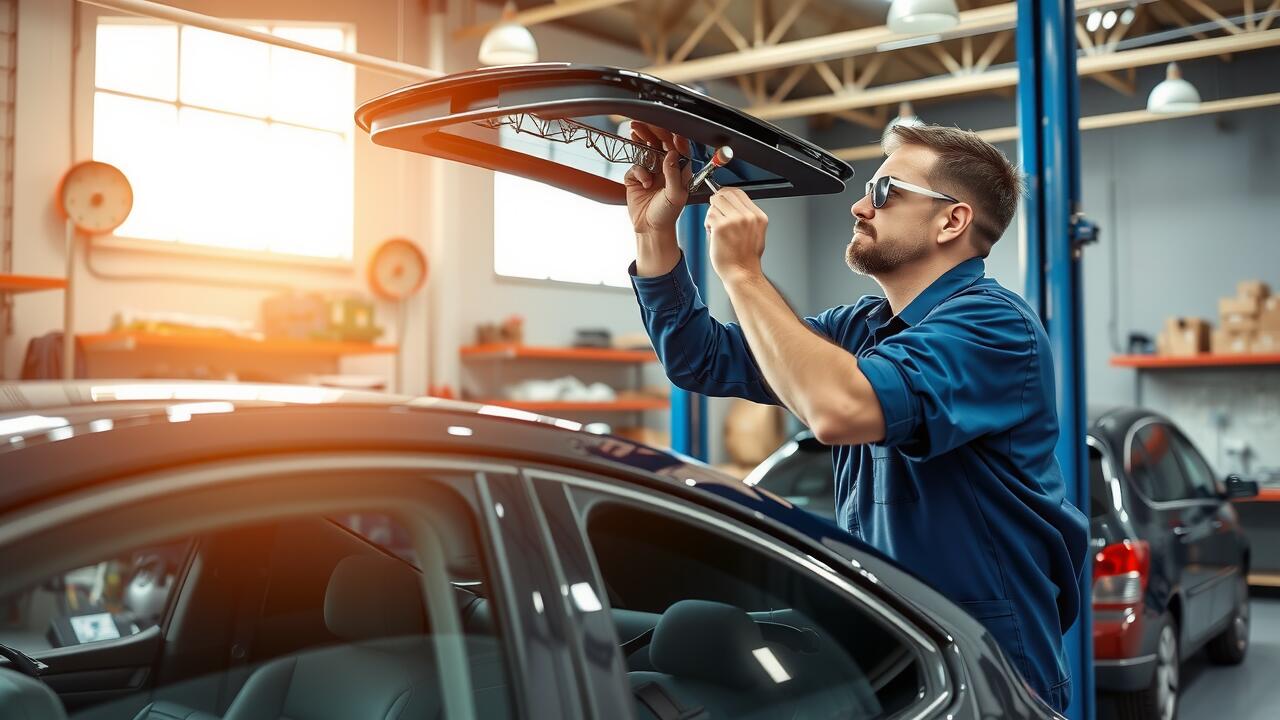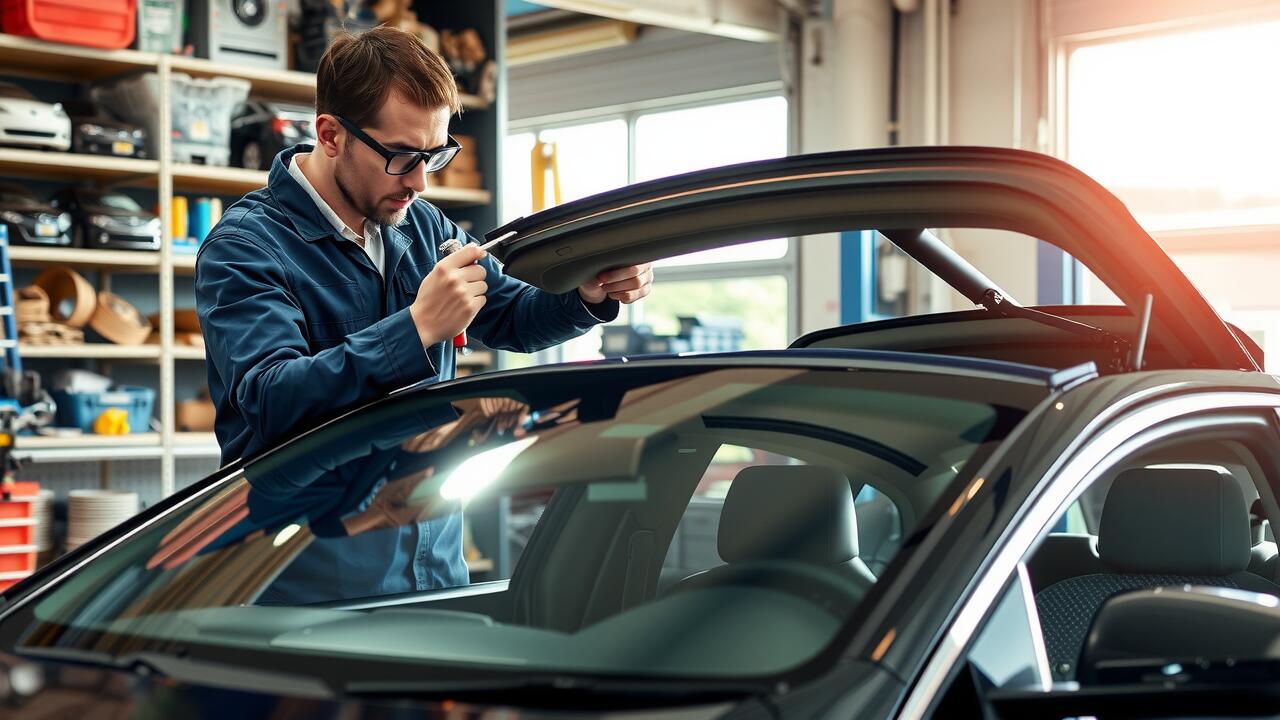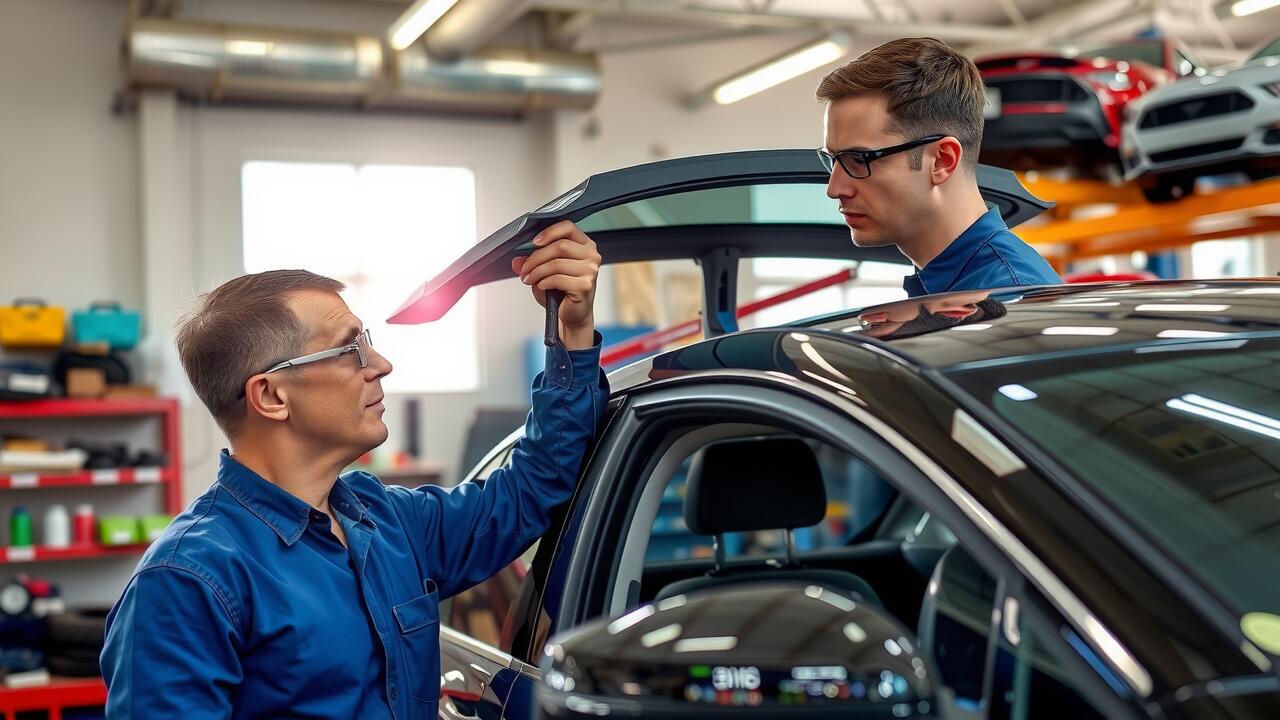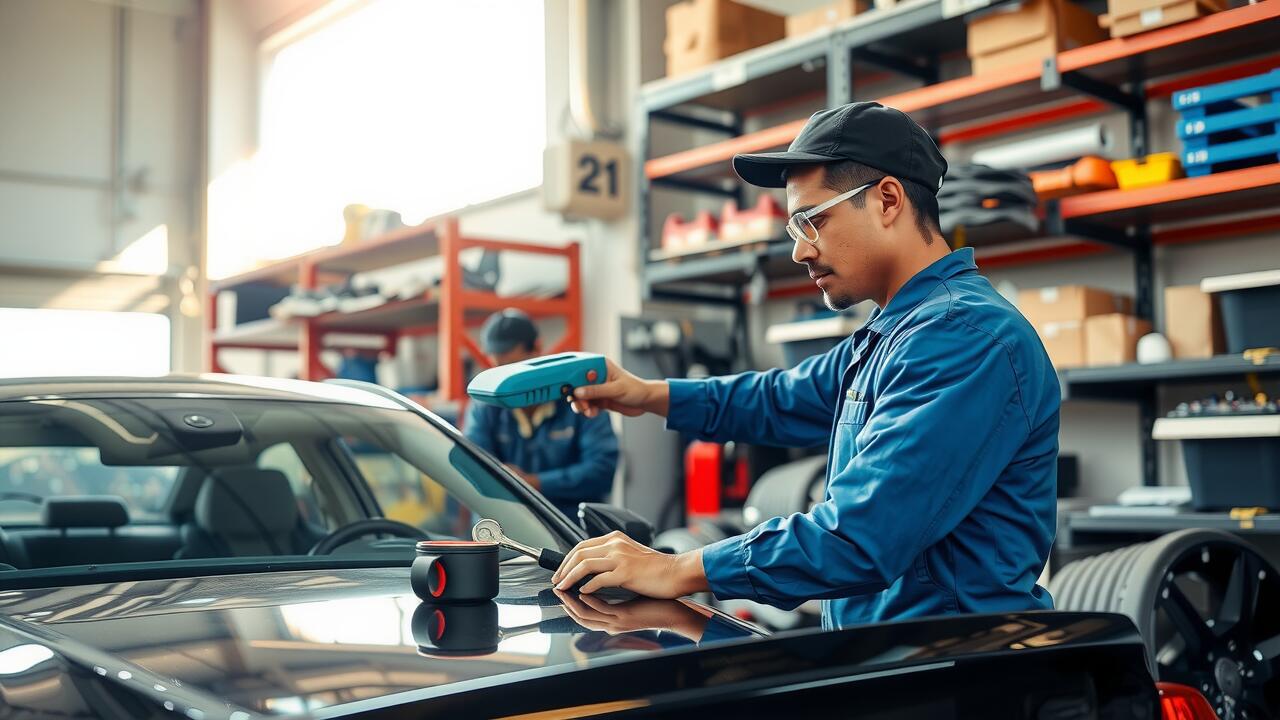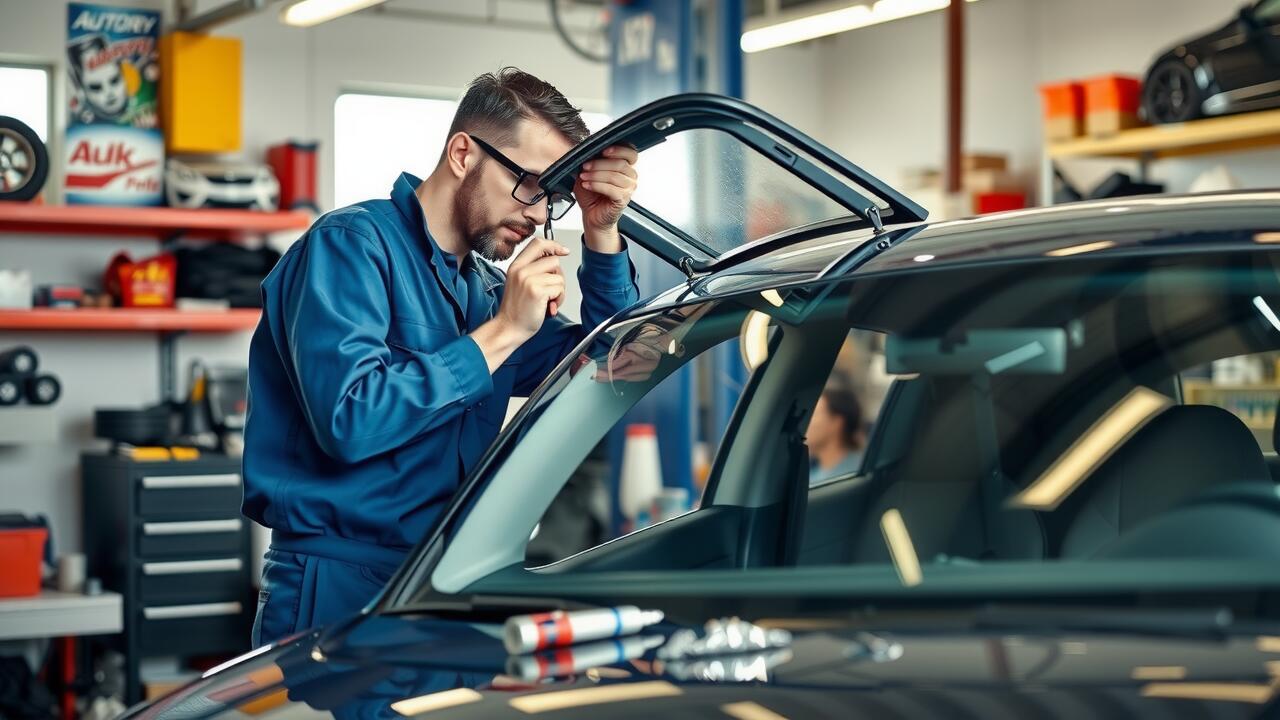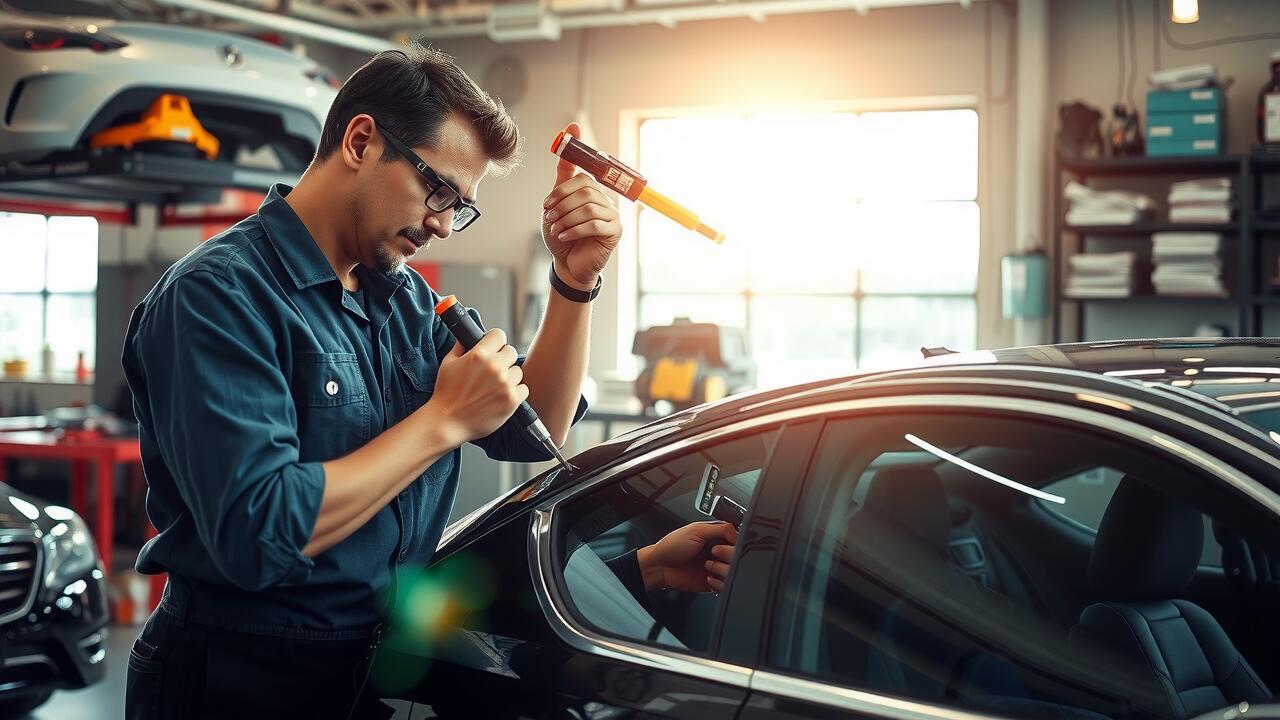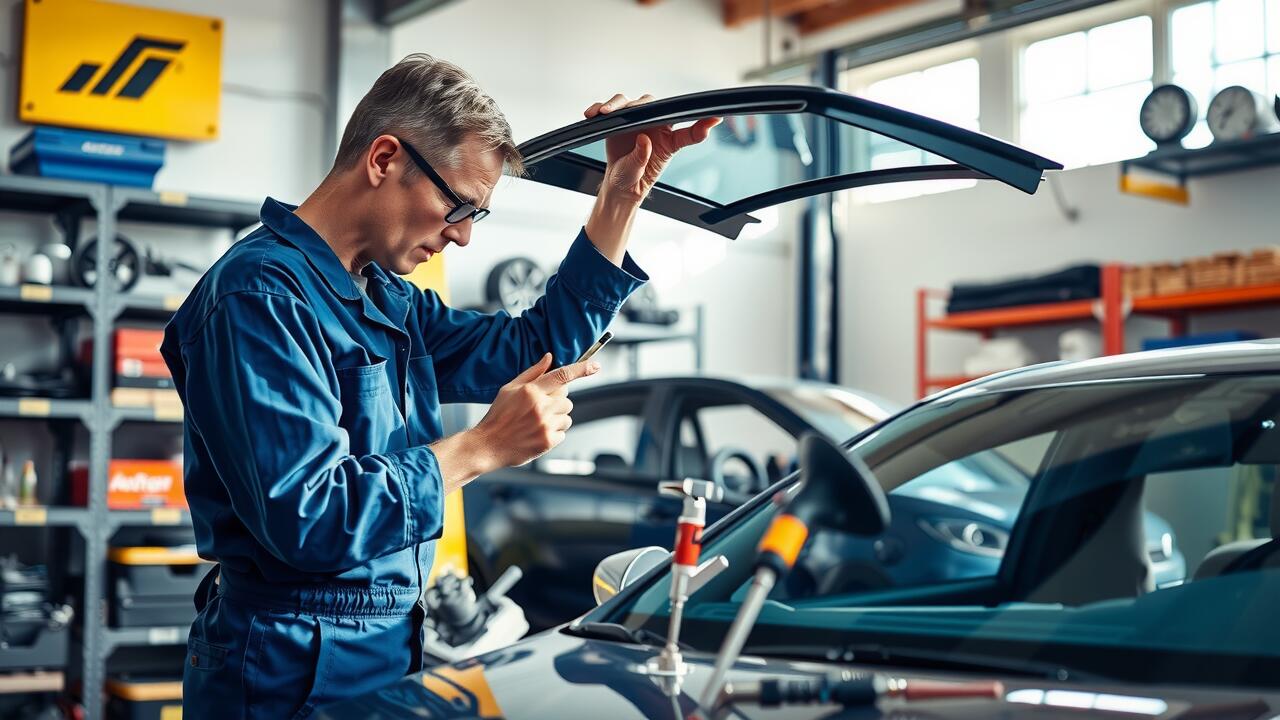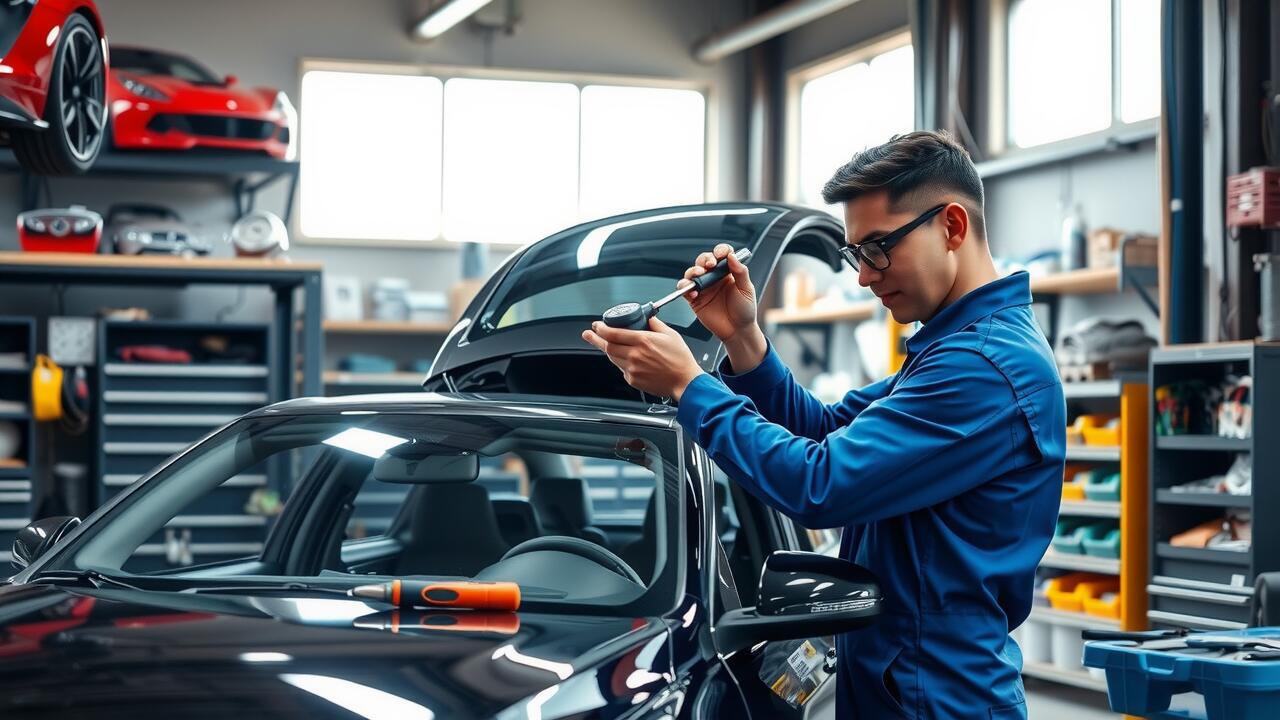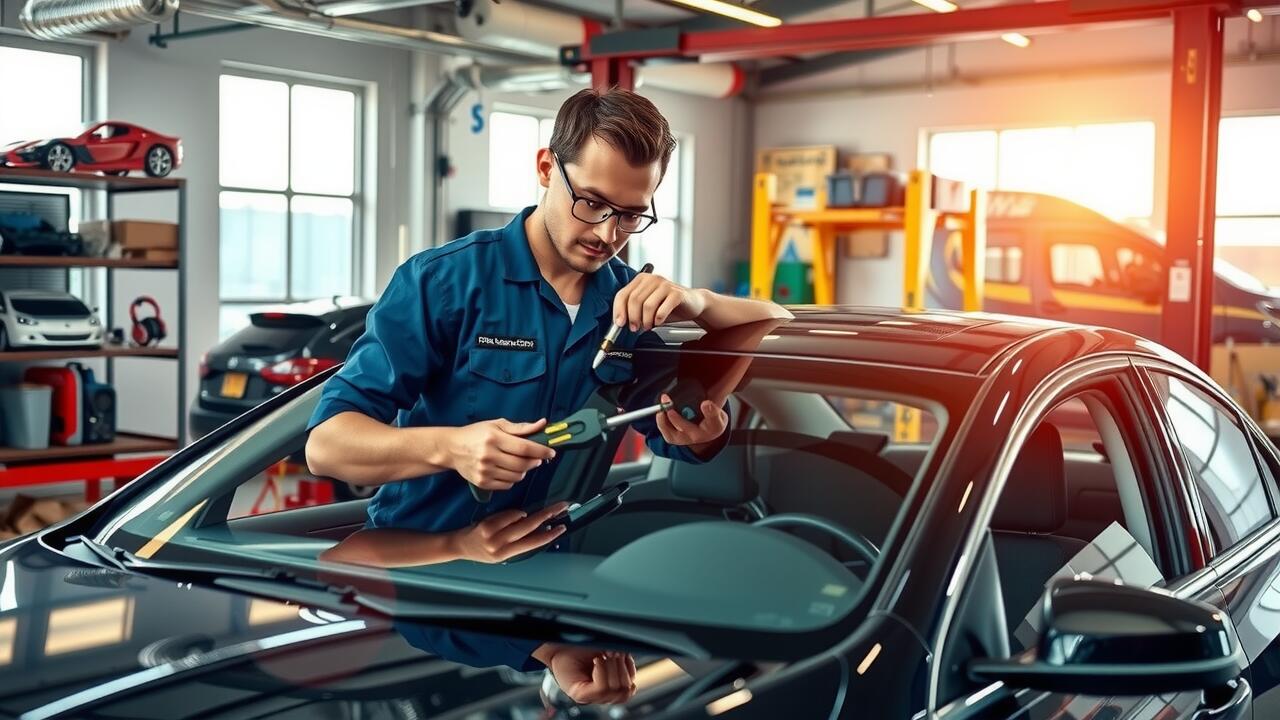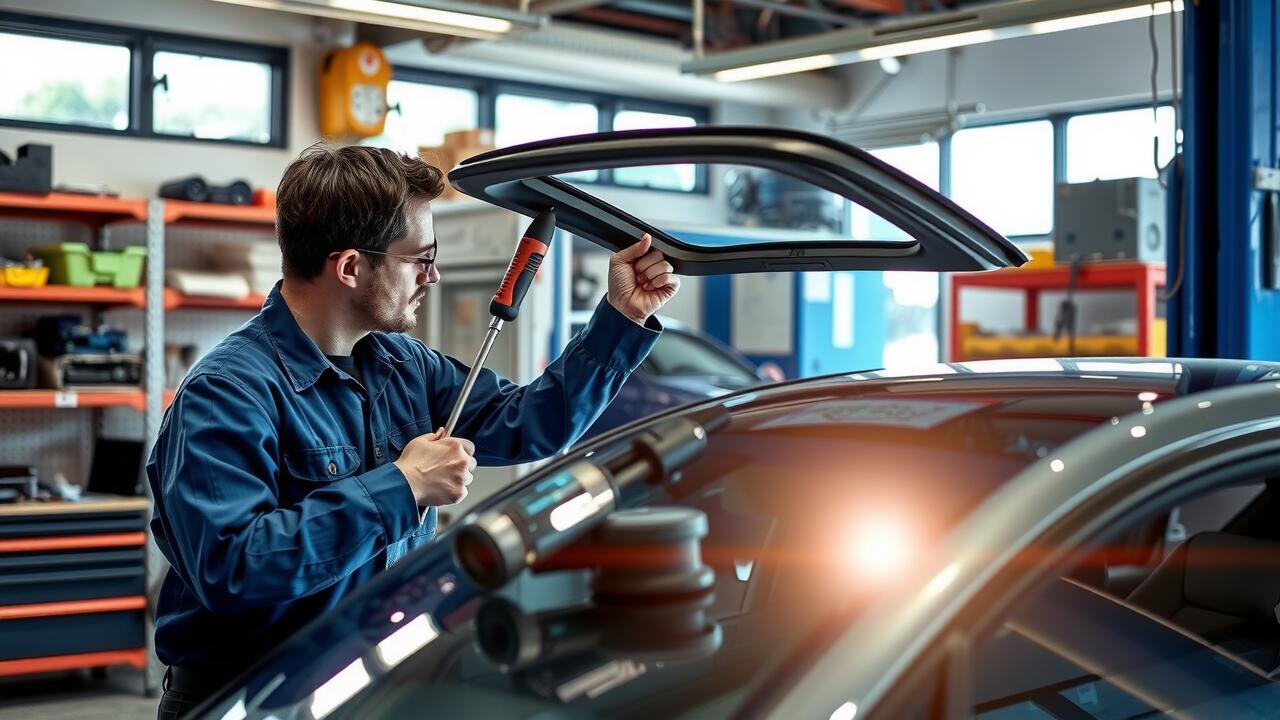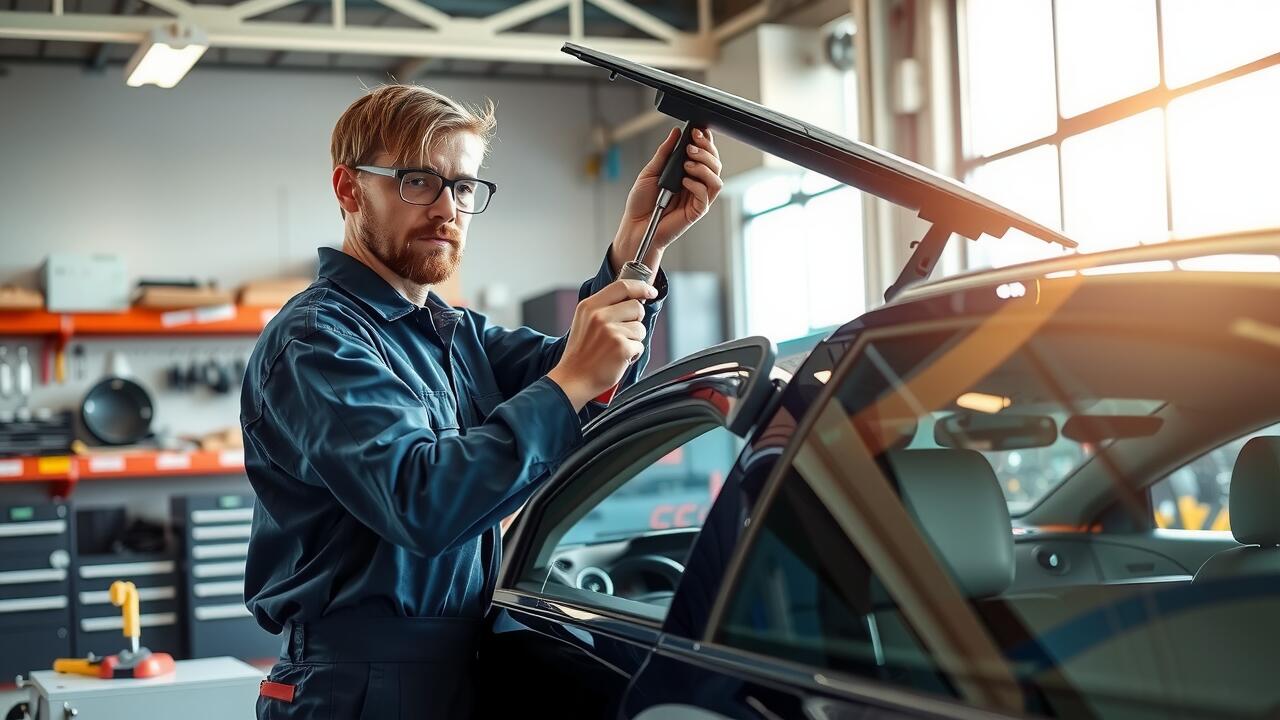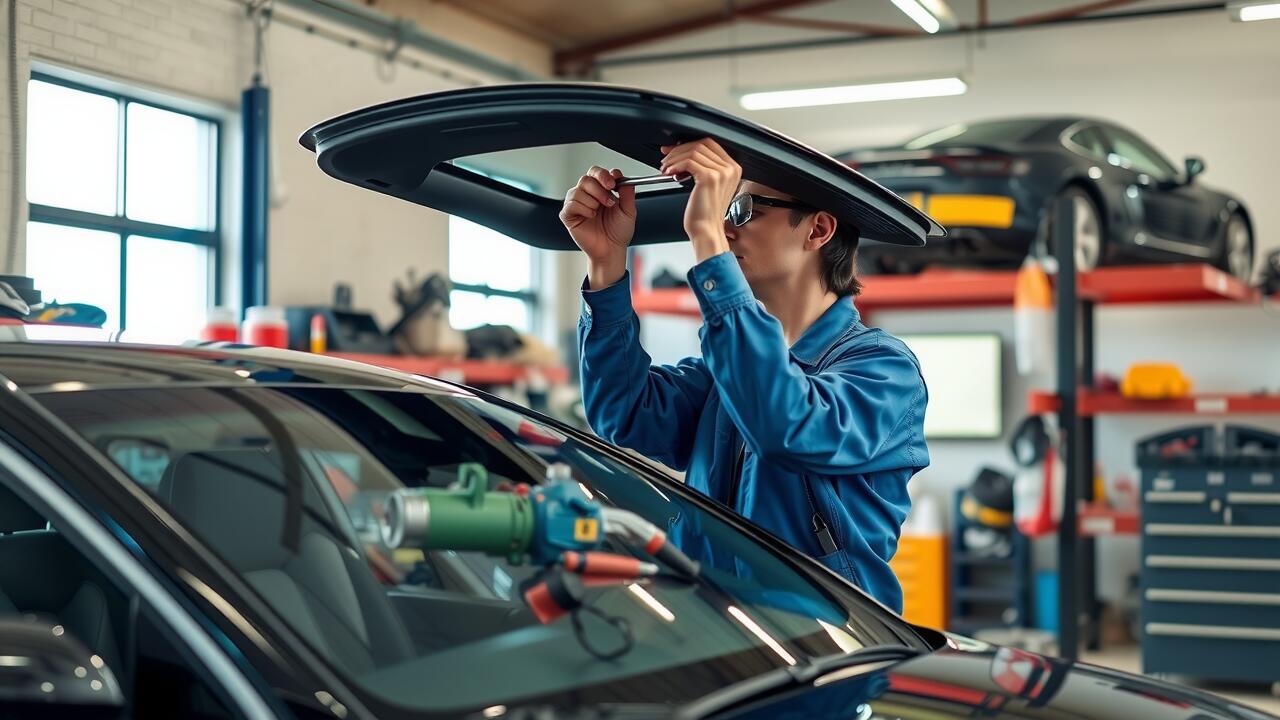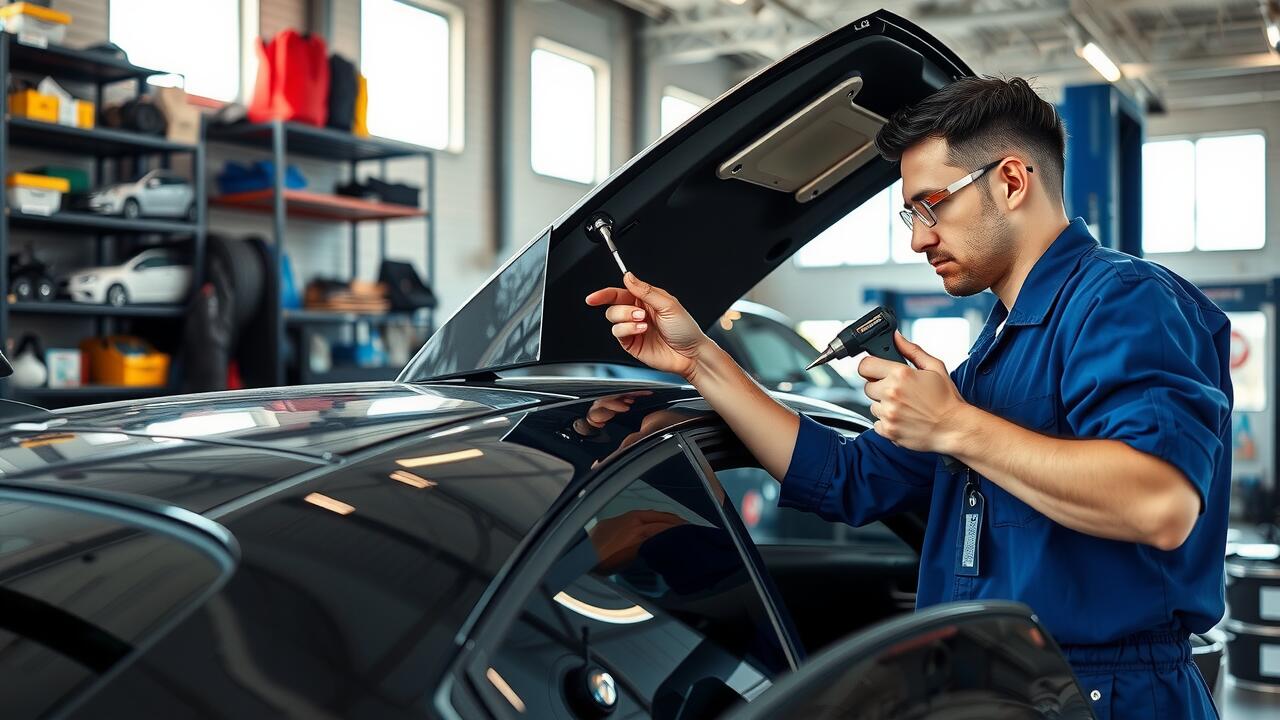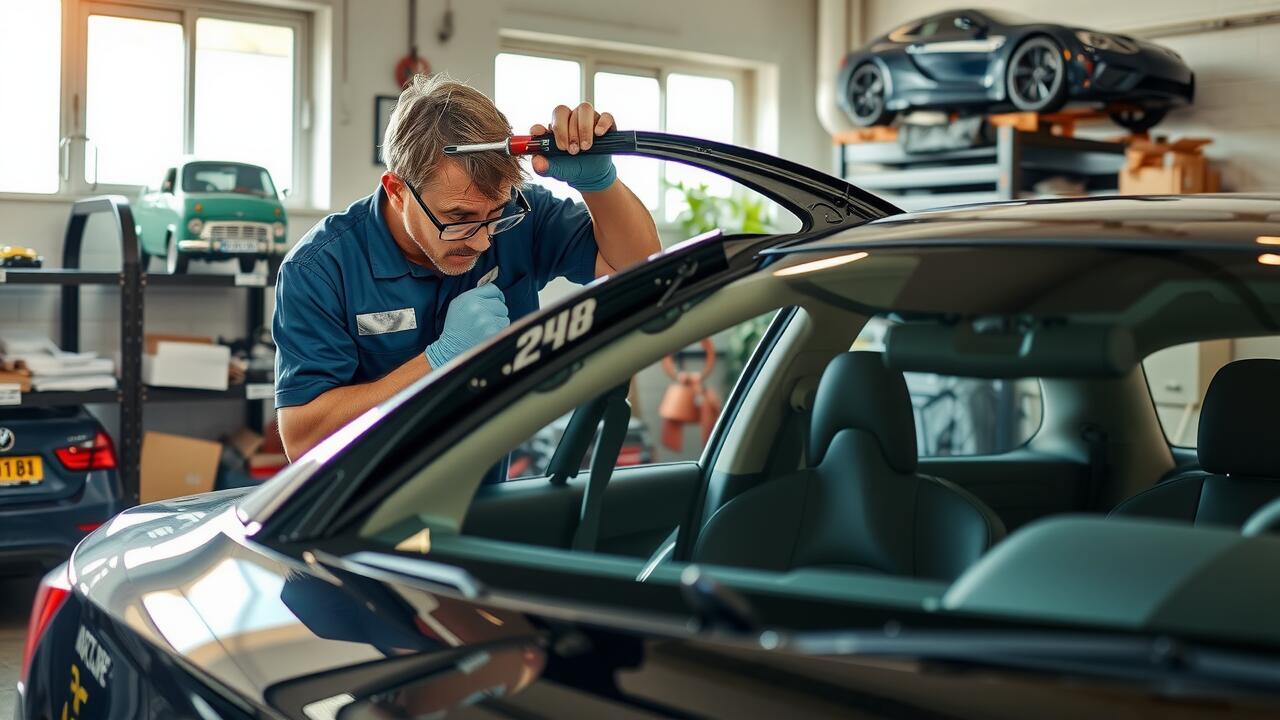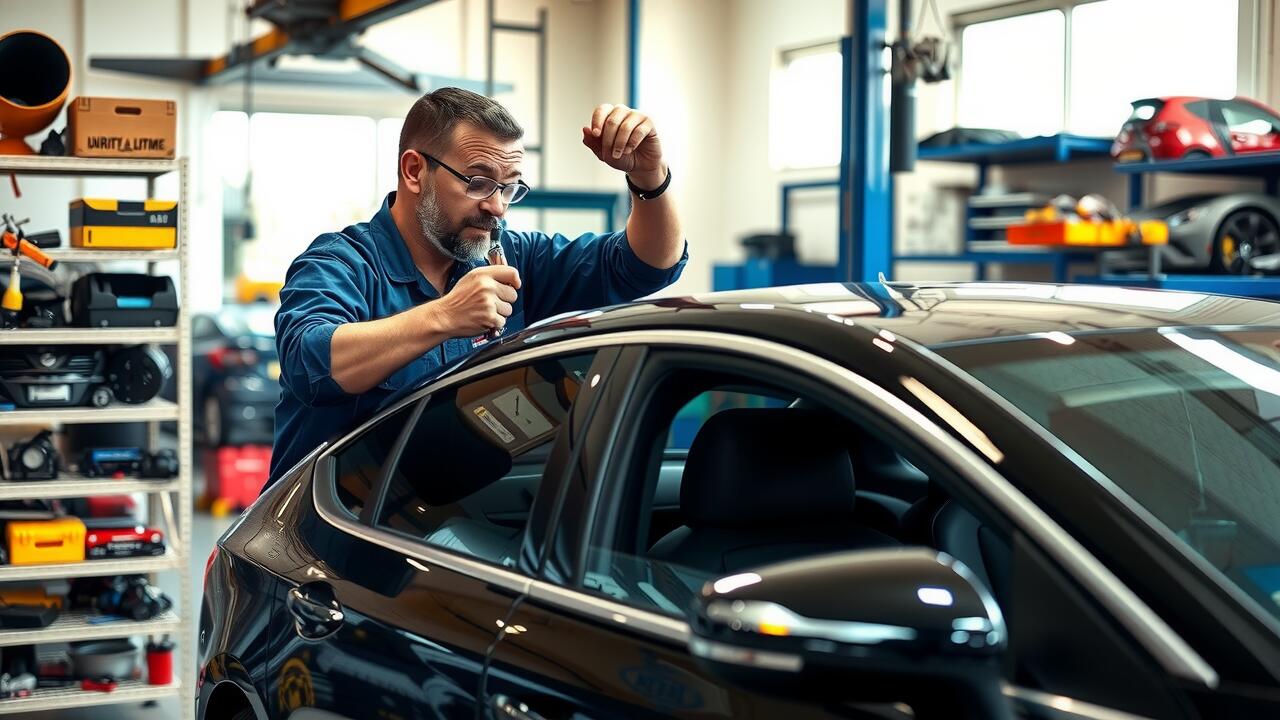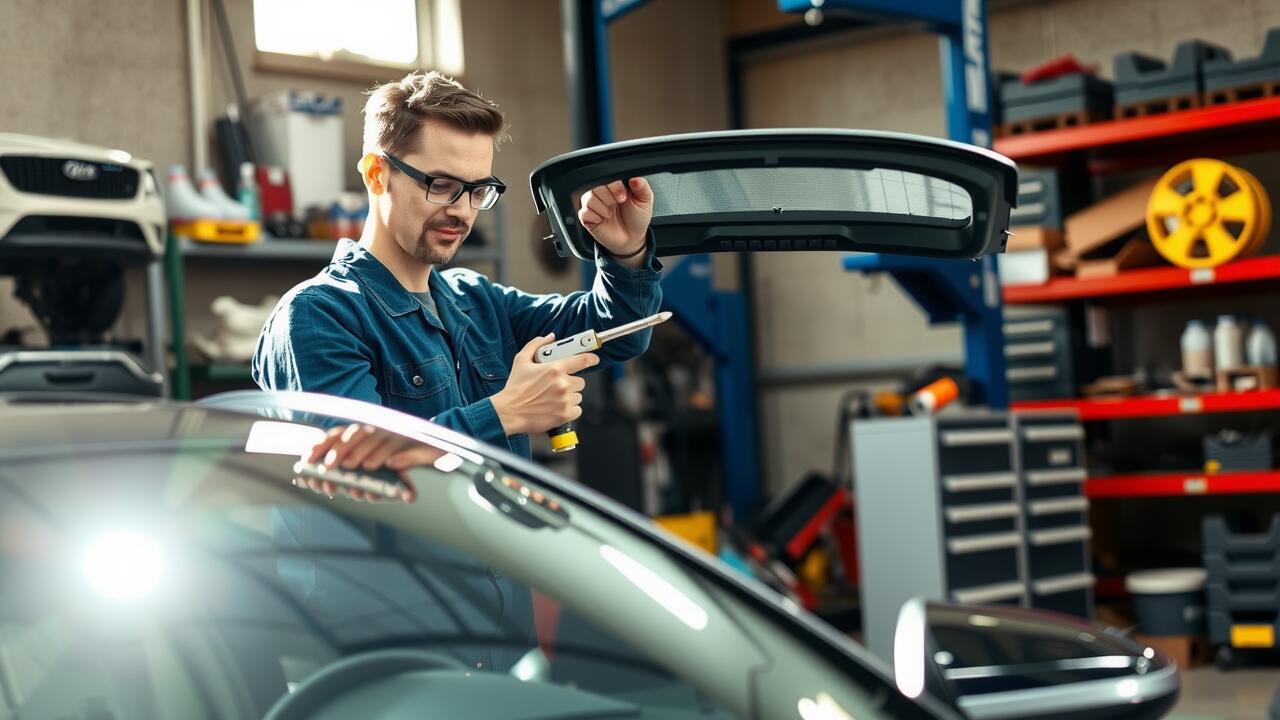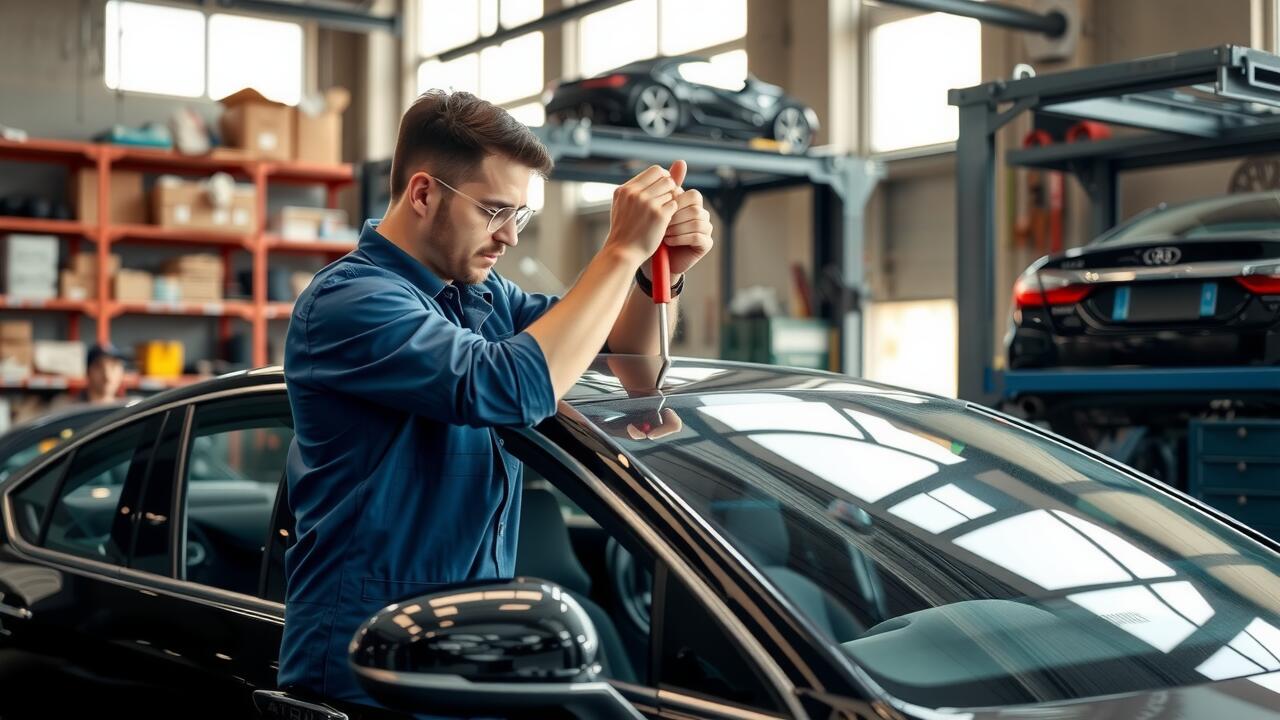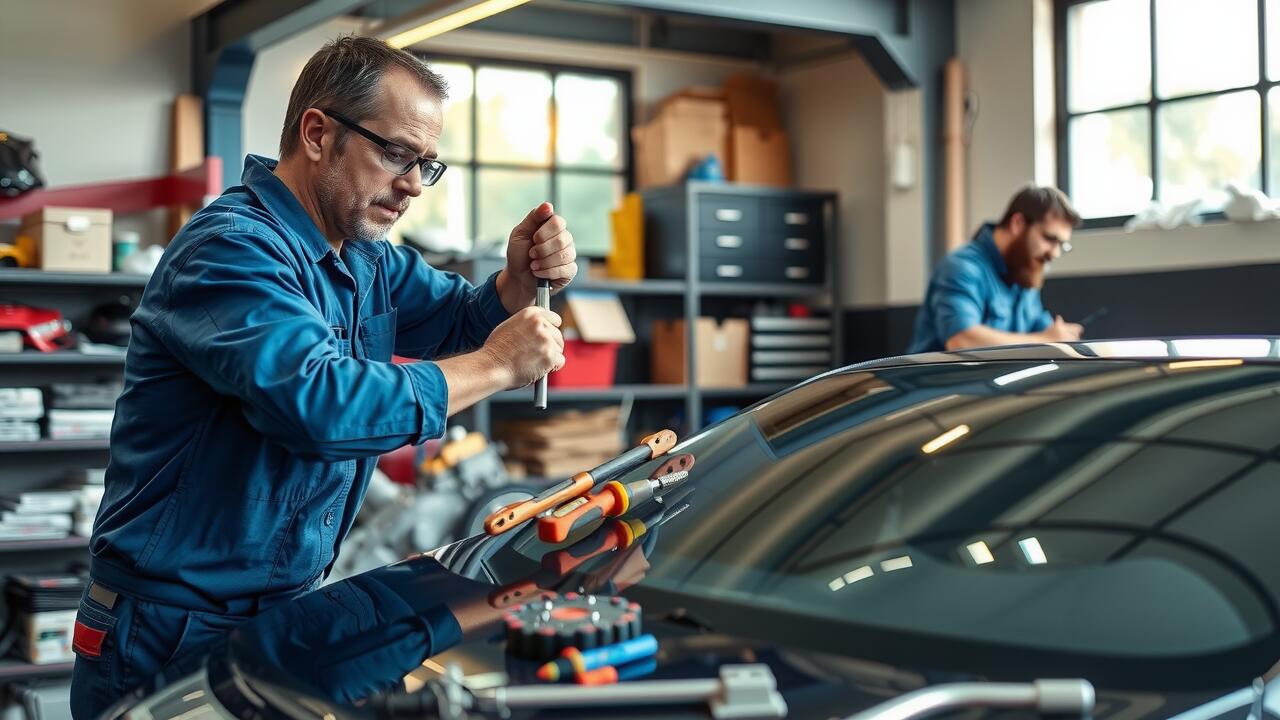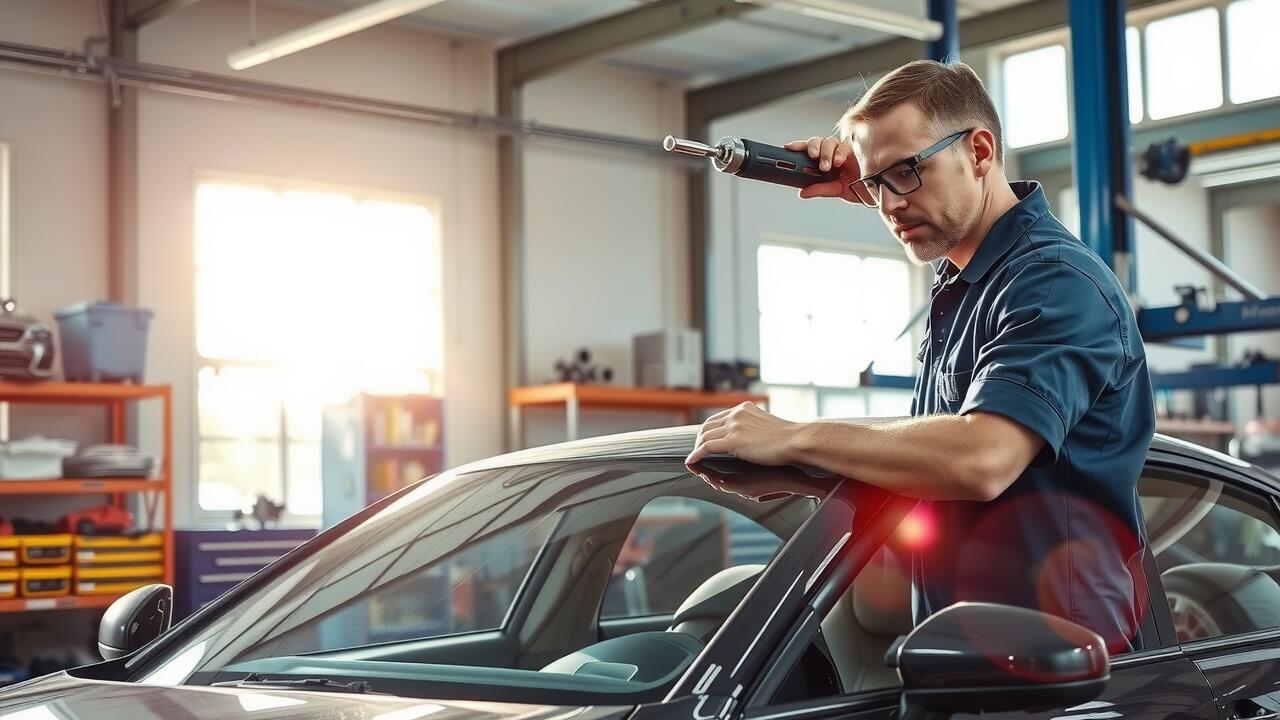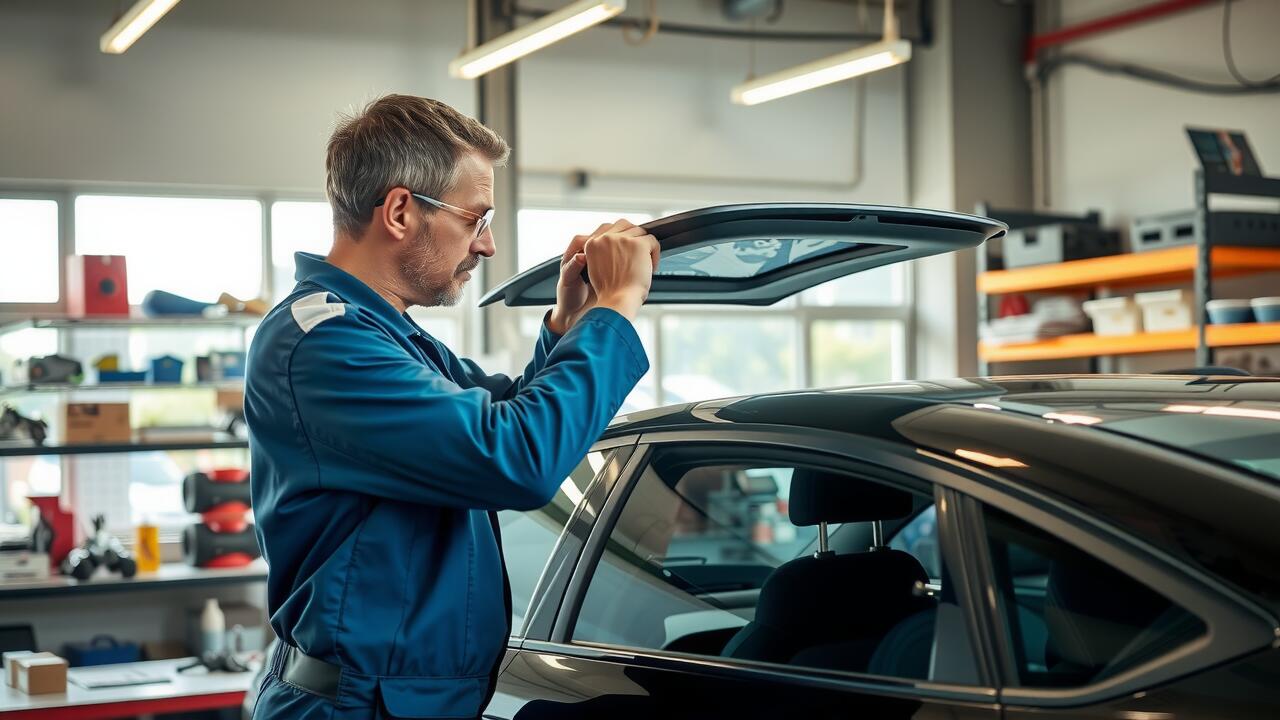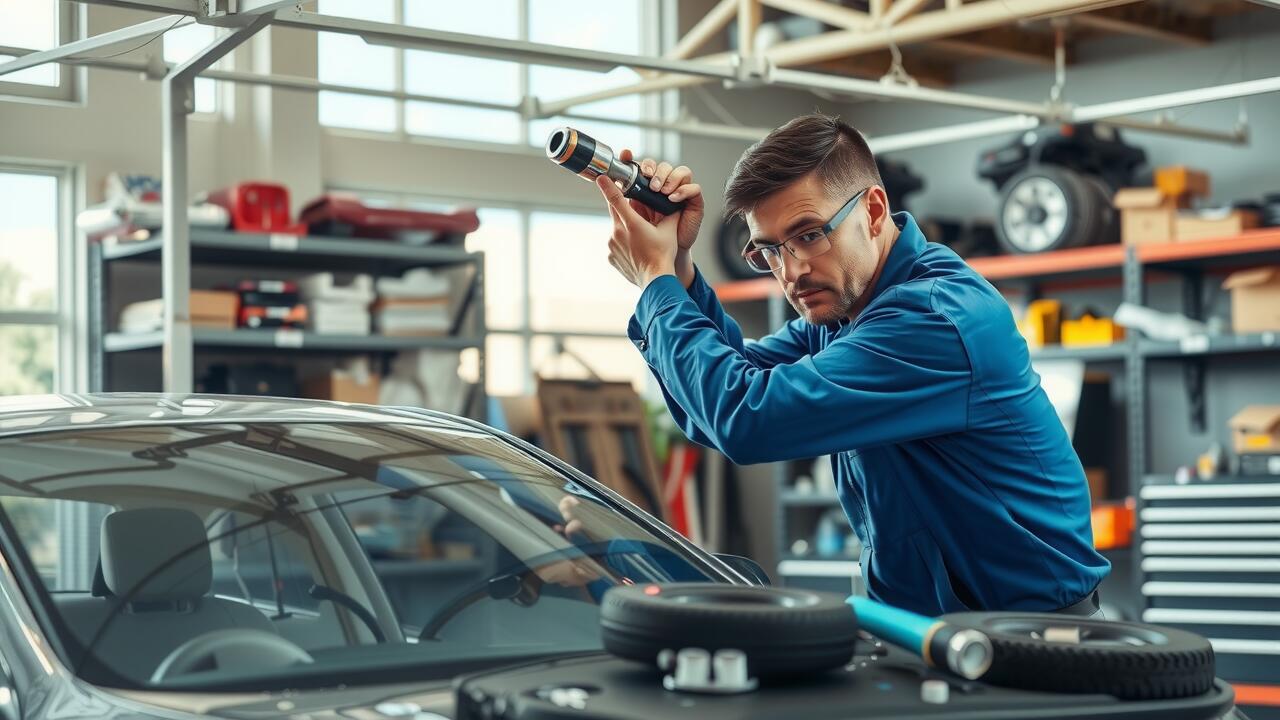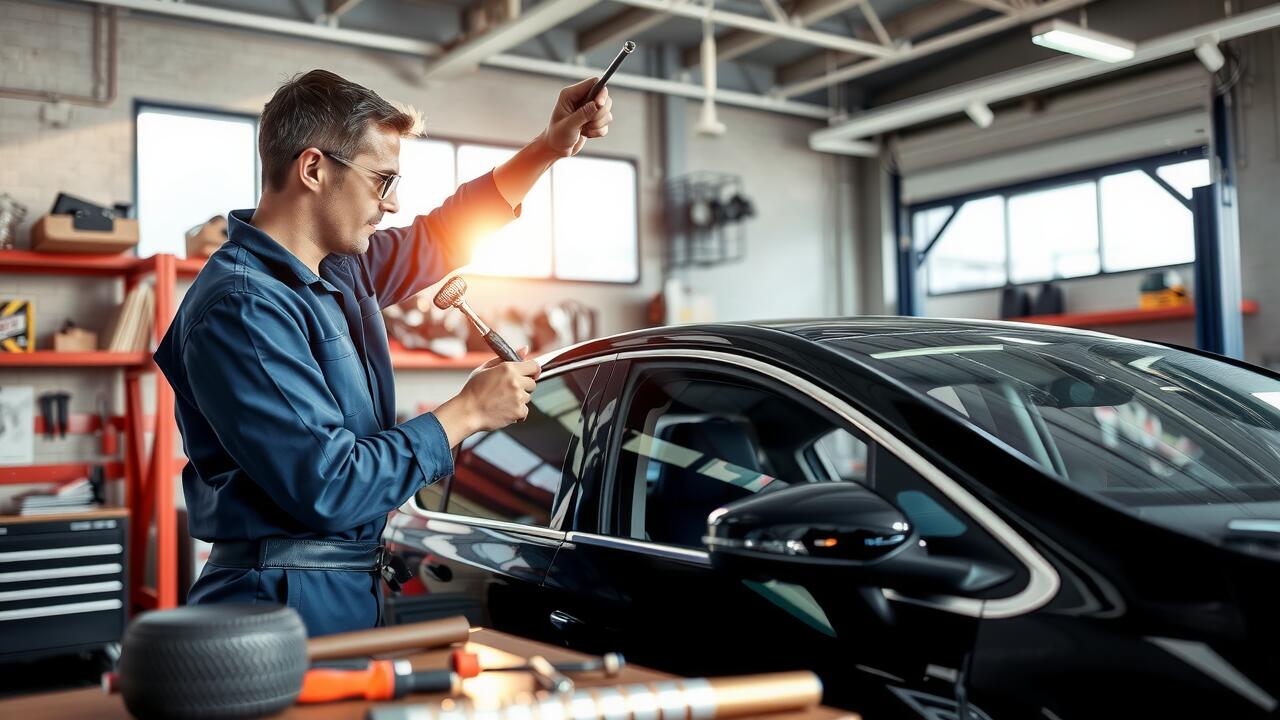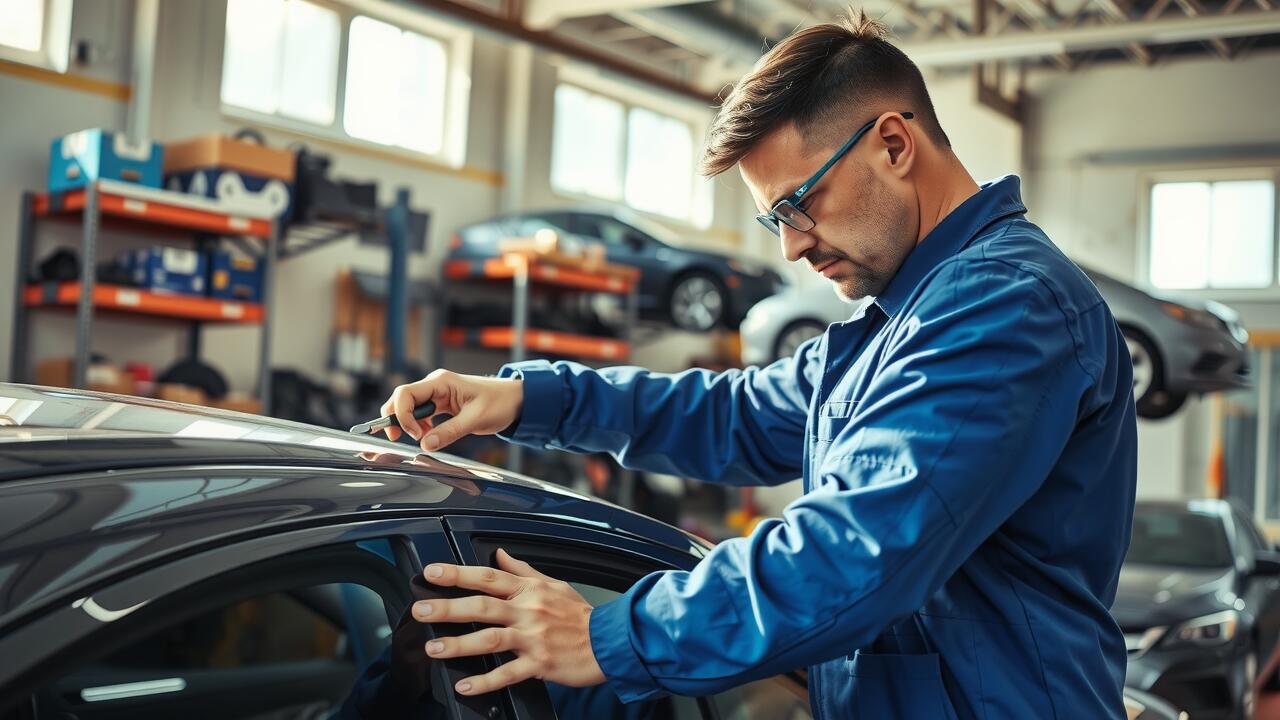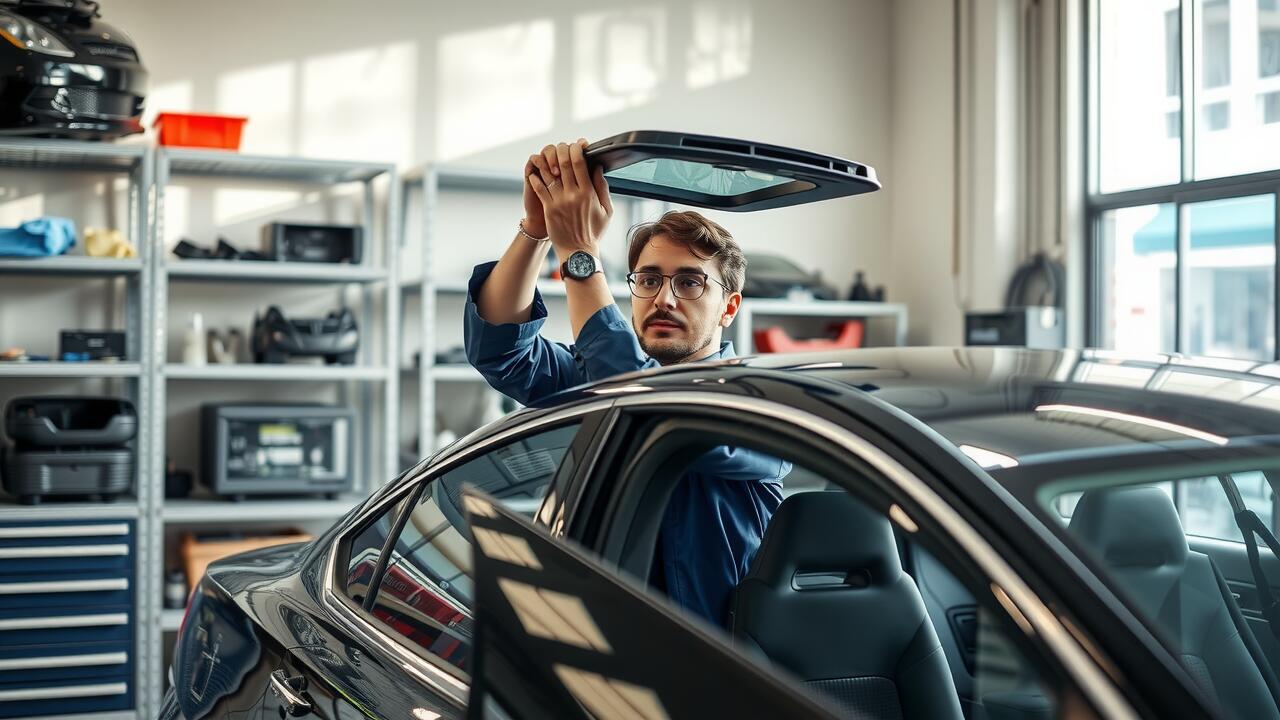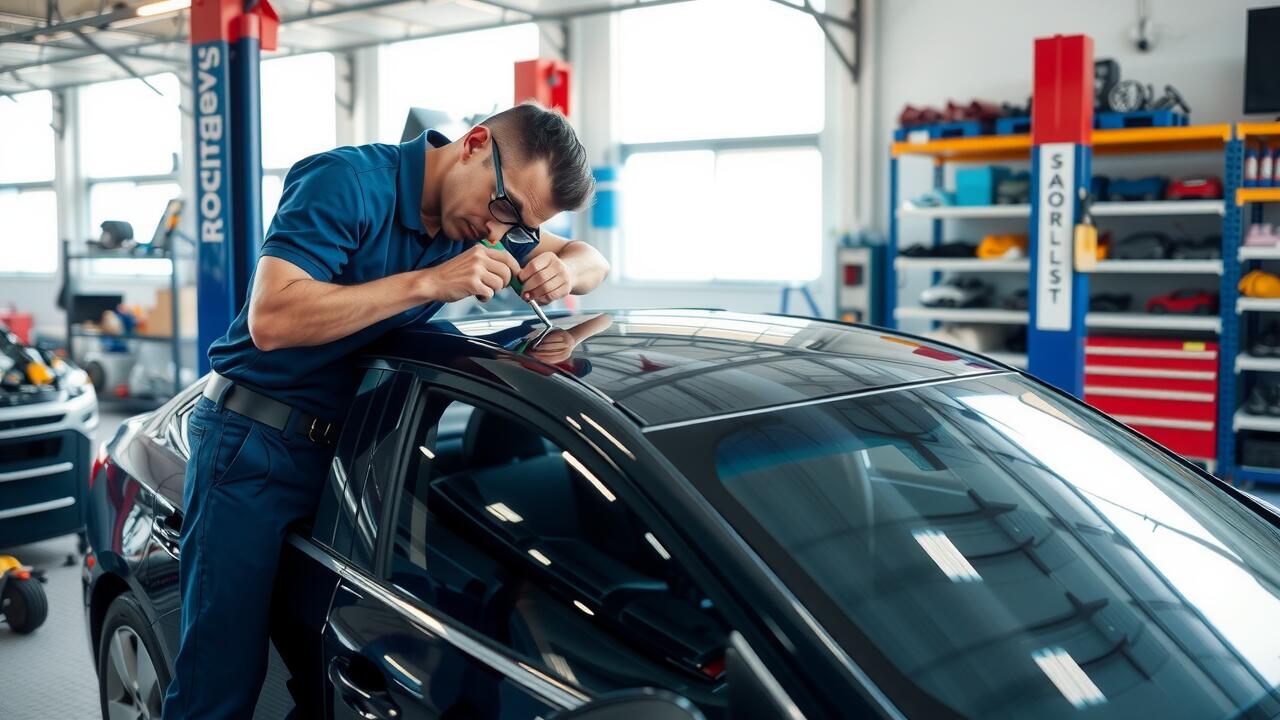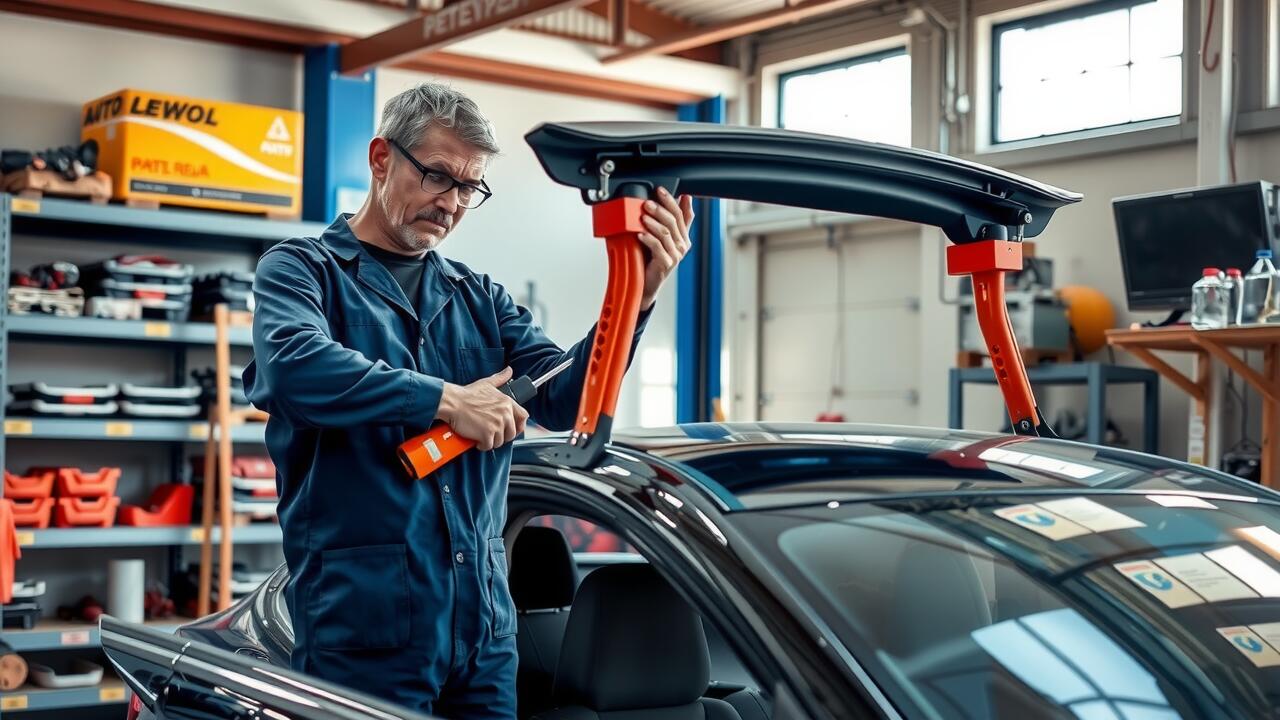
Table Of Contents
Addressing Common Sunroof Issues
Sunroofs can sometimes develop common issues that require attention to ensure they remain operational and leak-free. A common problem is a build-up of debris in the drainage channels, which can cause water to back up and lead to leaks. Regularly inspecting and clearing these channels can prevent larger issues down the line. If a leak does occur, it is essential to address it promptly, as water entering the vehicle can cause damage to upholstery and electronics.
In some cases, sunroofs may struggle to open or close properly, which can indicate an issue with the motor or tracks. Regularly lubricating the moving parts can help maintain smooth operation. For those experiencing persistent issues, seeking professional advice may be required. Sunroof leak repair might become necessary if DIY solutions do not rectify the problem. Professional assistance ensures the problem is diagnosed accurately and resolved efficiently, maintaining the integrity of the vehicle.
Troubleshooting Leaks and Malfunctions
A common issue faced by sunroof owners is the occurrence of leaks, which can lead to water entering the vehicle's interior. Regular inspections are essential in identifying potential problem areas. Start by checking the drainage channels located in the sunroof frame. These channels can become blocked with dirt, debris, or leaves, preventing water from flowing away from the sunroof. Cleaning these drains using a soft brush or compressed air can often alleviate the issue. If the leak persists despite cleaning the drains, it may be time for a sunroof leak repair.
In some cases, leaks may be caused by damaged weatherstripping or seals surrounding the sunroof. Inspect these components for any signs of wear and tear, such as cracks or stiffness. Replacing them can often resolve the leak without significant cost or complexity. If you are unable to identify the source of the leak or if the repairs seem beyond your capability, seeking professional assistance is advisable. An expert can ensure that all aspects of the sunroof's functionality are thoroughly checked and restored.
Seasonal Maintenance Tips
Regular maintenance of your sunroof is essential to ensure its longevity and functionality. During the warmer months, clear out any debris such as leaves or dirt from the sunroof tracks. This prevents blockages that could lead to water accumulation and potential leaks. It's advisable to lubricate the moving parts of the sunroof to keep it operating smoothly. A yearly inspection will help identify any early signs of wear and tear, which can be addressed before they escalate into more significant issues.
As the seasons change, so do the requirements for maintaining your sunroof. In winter, check for ice build-up around the edges and ensure that the seals are not compromised by freezing temperatures. A thorough cleaning of the sunroof and its drainage channels reduces the risk of leaks during heavy rain. If you experience any signs of leakage, prompt attention is crucial. Effective sunroof leak repair can save you from costly interior damage and maintain the vehicle's overall integrity.
Preparing Your Sunroof for Different Weather
Different weather conditions can significantly impact the performance of your sunroof. In hotter months, ensure the drainage channels are clear to prevent water accumulation. Regularly check for debris, as leaves and dirt can block these channels, leading to leaks. If you notice any signs of water damage inside your vehicle, it may be time for sunroof leak repair. Protecting your sunroof with a sunshade can also help minimise heat exposure and prevent premature wear of seals.
During the rainy season, inspect the seals around the sunroof regularly. These seals wear out over time and can cause leaks if not addressed promptly. Keep an eye on any unusual noises or difficulty in the sunroof operation, as these can indicate underlying issues. In harsher winter conditions, be cautious of ice forming around the sunroof edges. Gently clearing away ice can prevent damage to the seals and mechanisms, maintaining the sunroof's integrity throughout the season.
Professional Care vs. DIY
Many car owners consider tackling sunroof maintenance and repairs themselves. Basic cleaning and lubrication can often be managed without professional assistance. However, complications may arise, especially when dealing with issues like sunroof leak repair. Some DIY attempts might inadvertently cause more damage or overlook underlying problems, ultimately leading to higher repair bills down the line.
For more complex issues such as a malfunctioning mechanism or persistent leaks, professional care is recommended. Experts possess the necessary tools, experience, and knowledge needed to diagnose problems accurately. They can provide solutions that extend beyond simple fixes, ensuring your sunroof operates flawlessly. Choosing to seek professional help can often save time and ensure a more reliable outcome, enhancing the longevity of your vehicle's sunroof.
When to Seek Expert Help
Not all sunroof issues can be easily resolved through basic DIY methods. If you notice persistent water pooling inside your vehicle, it may indicate a serious sealant or drainage problem that requires professional attention. Attempting to fix such issues without expertise could lead to further damage, making the situation worse. Seeking assistance from a qualified technician can ensure that any underlying problems are properly diagnosed and resolved.
Professional services may also be essential when dealing with complex malfunctions, such as electronic failures or mechanical jams. If your sunroof is unresponsive or making unusual noises, it's wise to consult with an expert. They have the tools and knowledge necessary for effective sunroof leak repair and can help ensure the longevity of your sunroof system. Addressing these issues promptly can prevent costly repairs in the future.
FAQS
How often should I clean my sunroof?
It’s recommended to clean your sunroof at least every few months, or more frequently if you park under trees or in dusty areas.
What is the best way to clean my sunroof?
Use a soft cloth and mild soap with water to gently clean the glass and the surrounding seals. Avoid harsh chemicals that could damage the materials.
How can I tell if my sunroof is leaking?
Signs of a leaking sunroof include water stains on the interior, pooling water in the sunroof area, or the smell of mildew from trapped moisture.
What should I do if my sunroof won’t open?
Check for any obstructions in the tracks and ensure the motor is functioning properly. If the problem persists, it may be best to consult a professional.
When should I consider professional maintenance for my sunroof?
If you notice persistent leaks, electrical issues, or mechanical failures that you cannot resolve, it’s advisable to seek expert help to avoid further damage.
